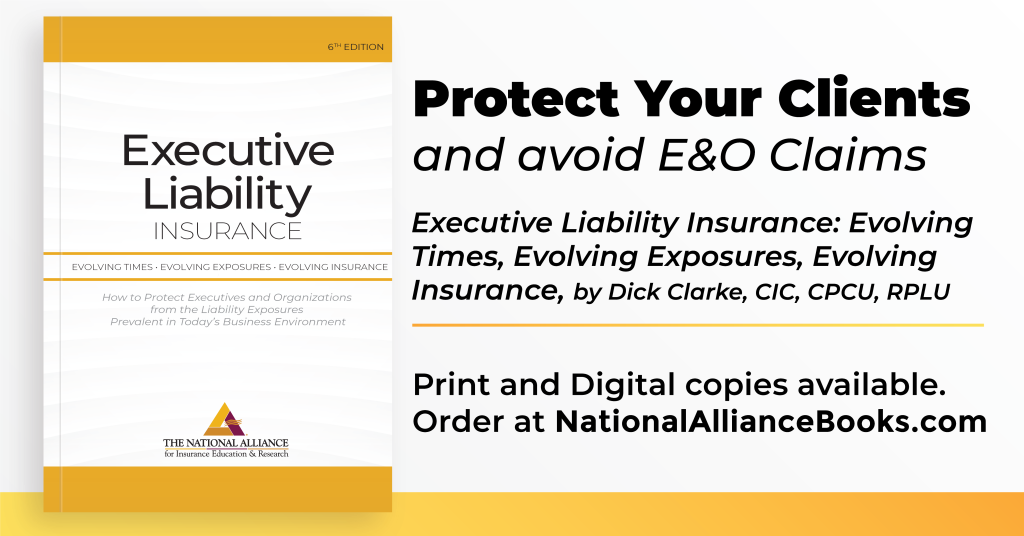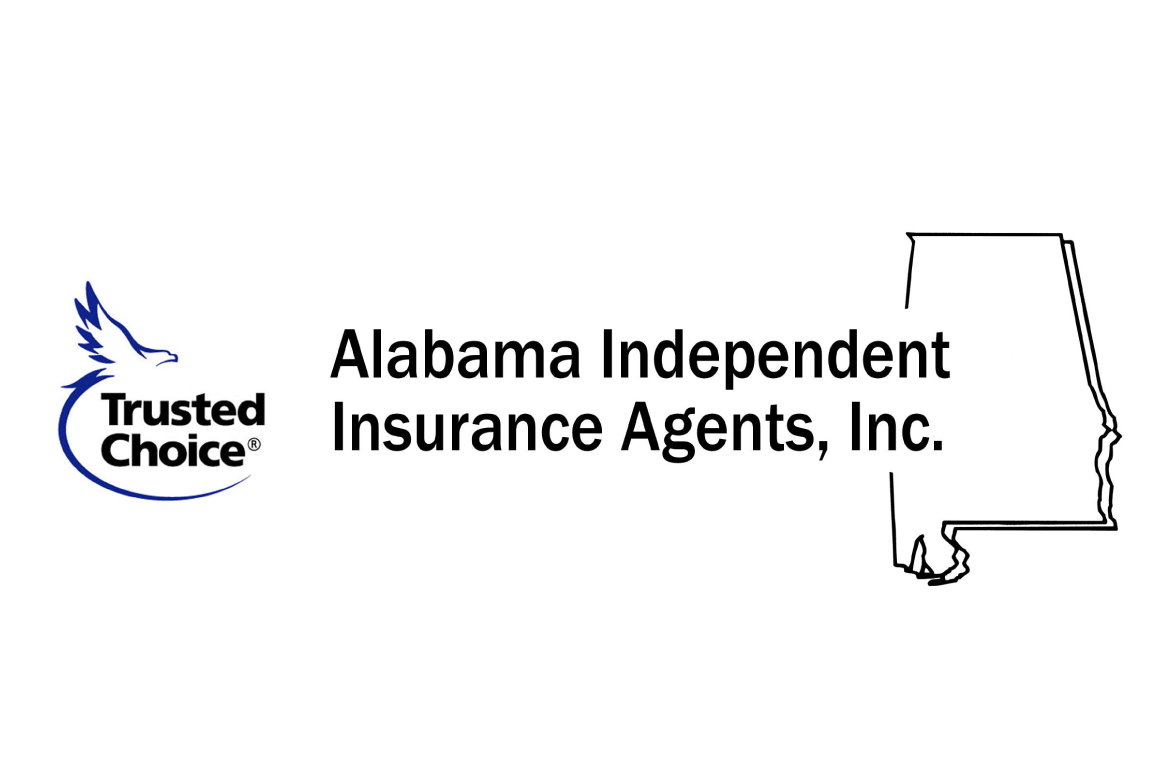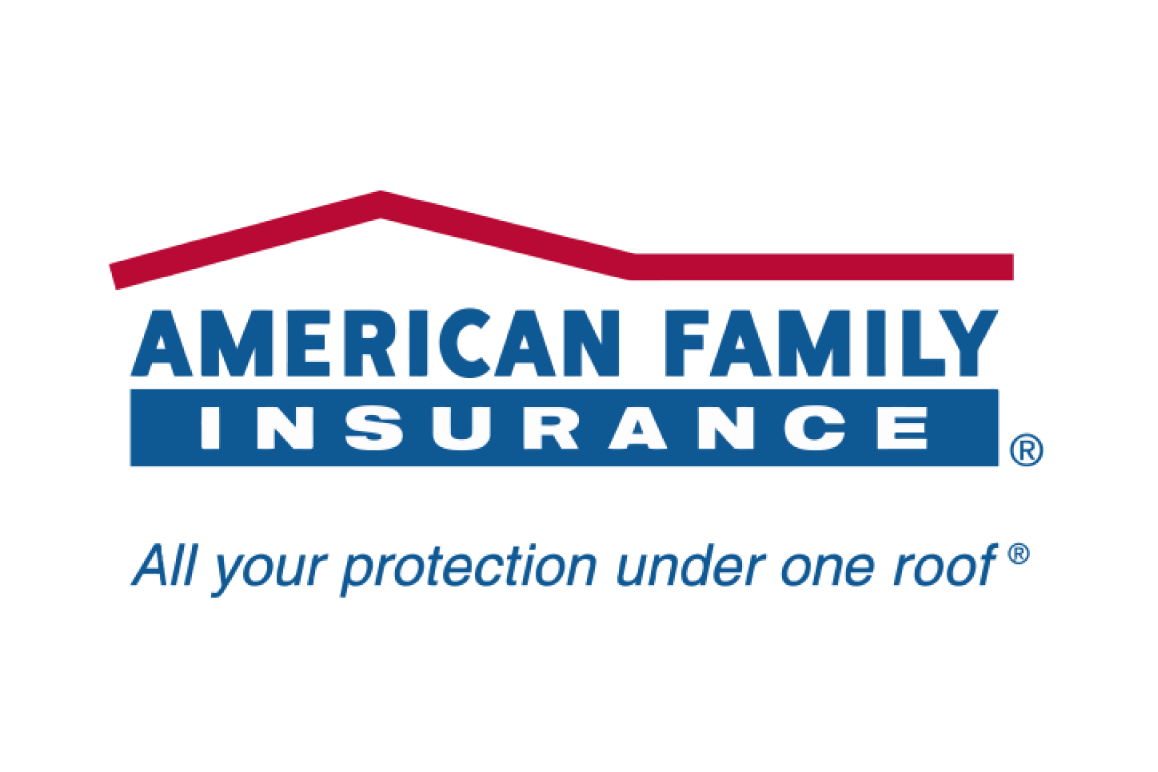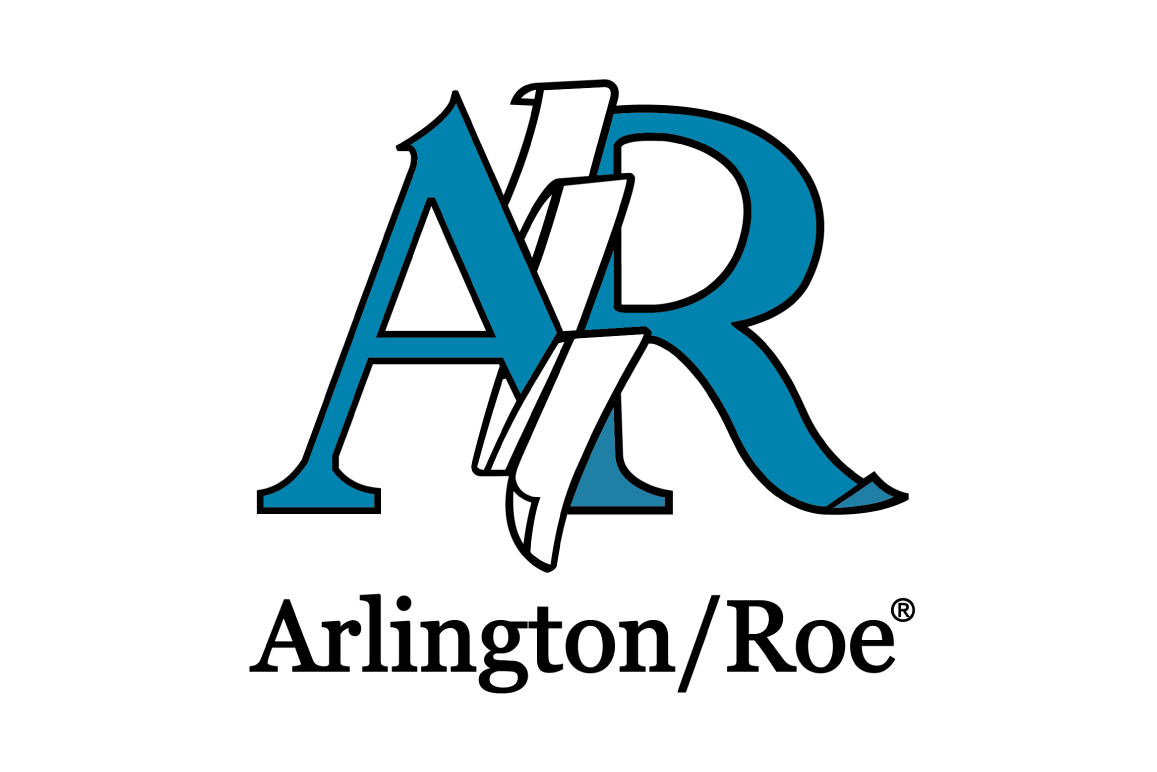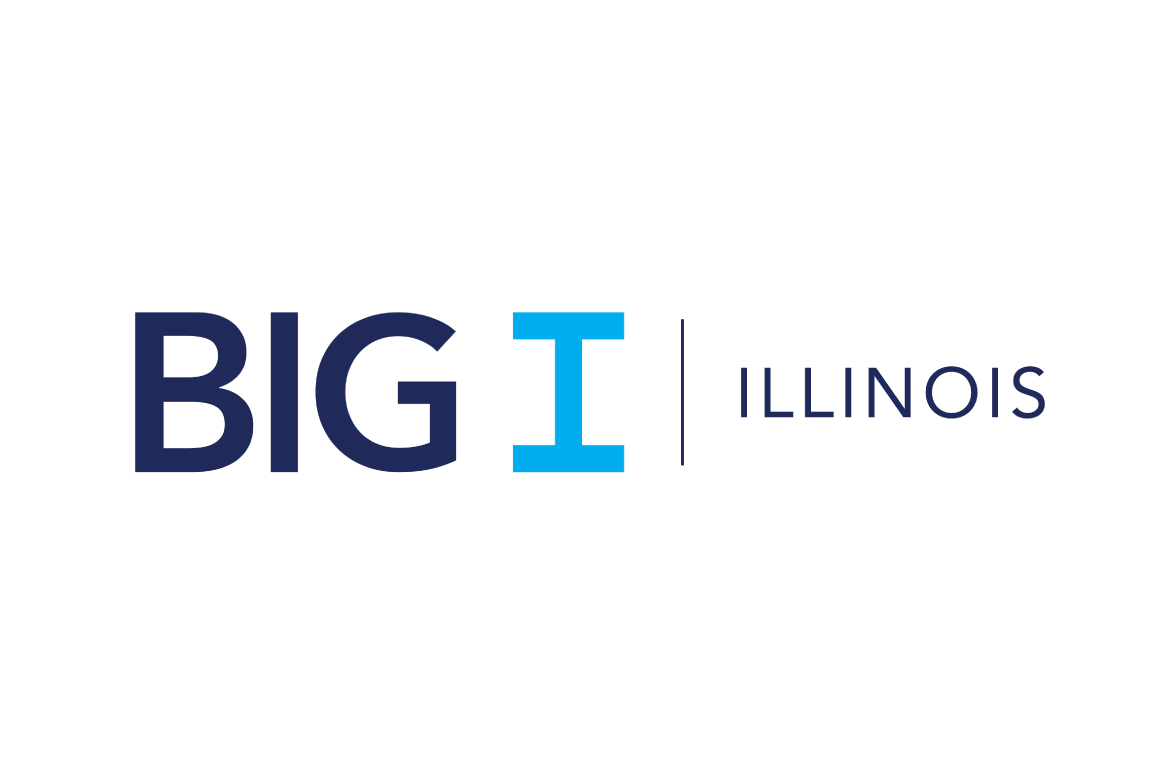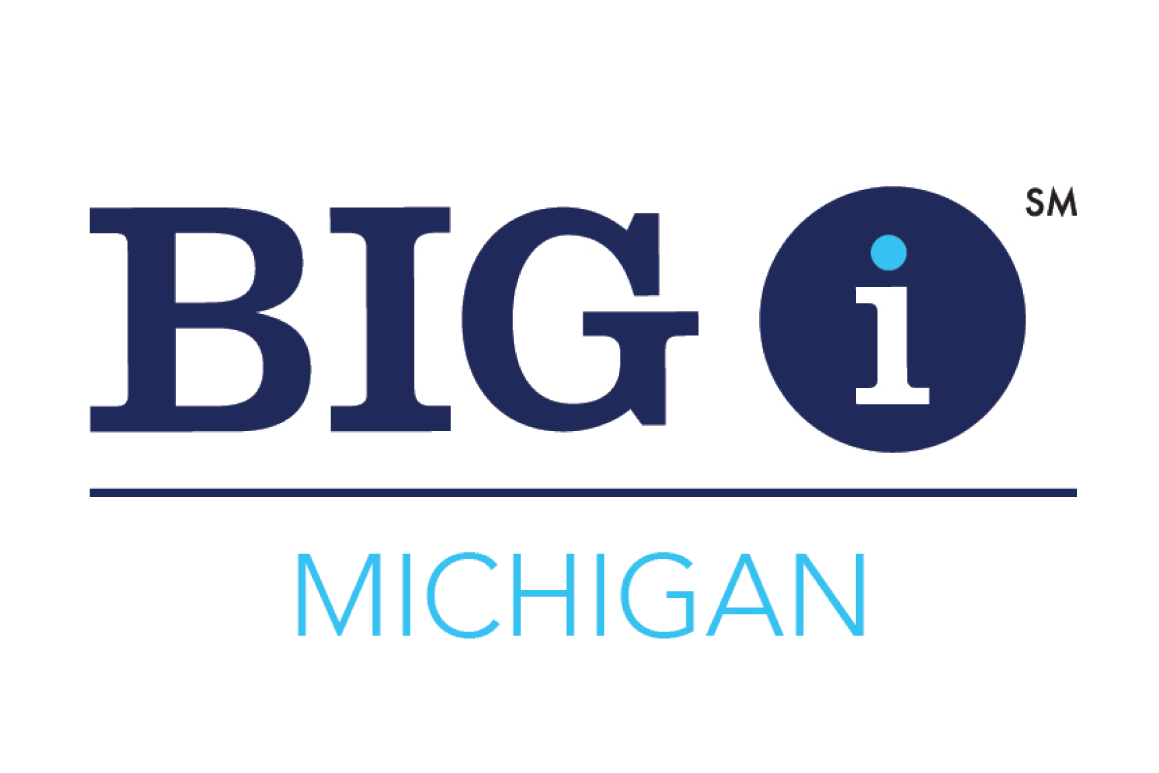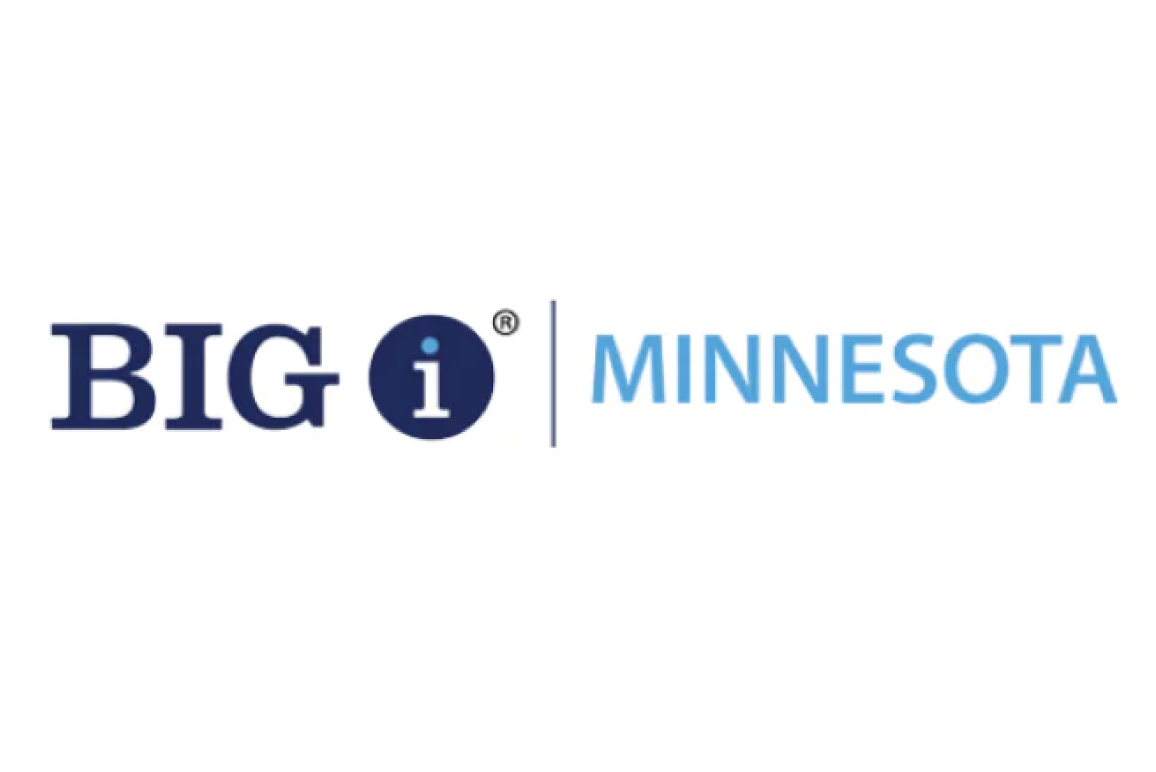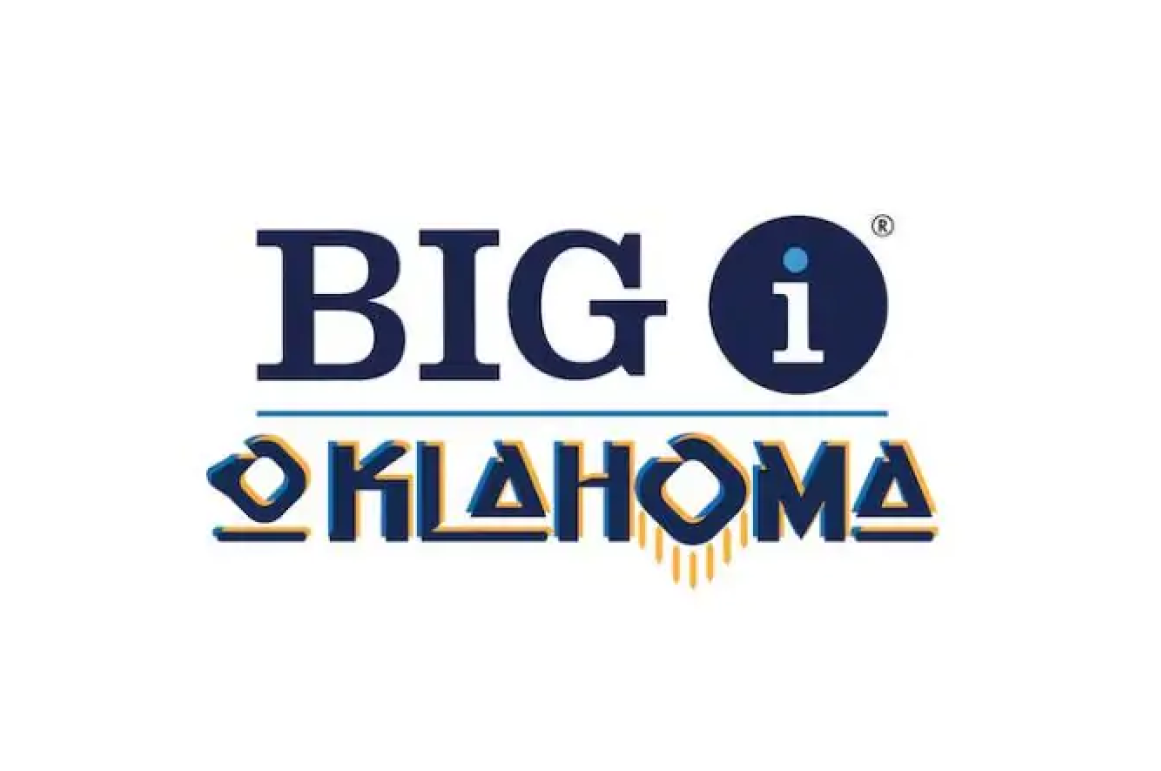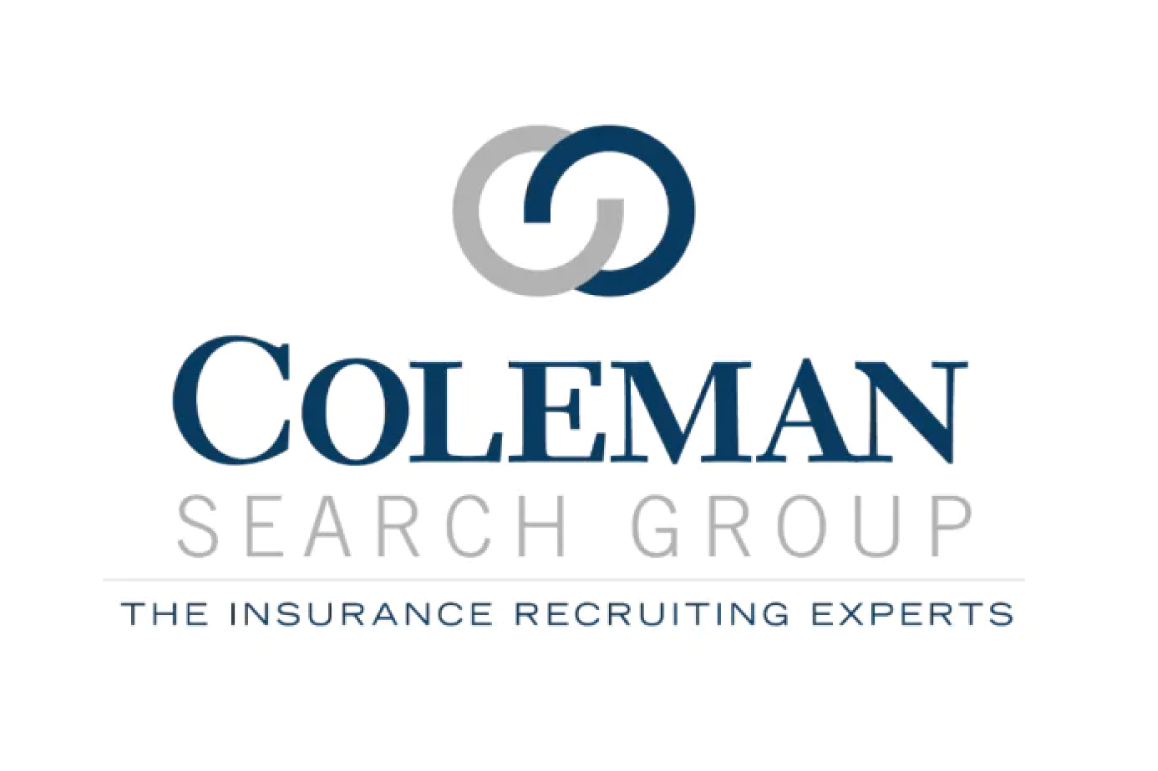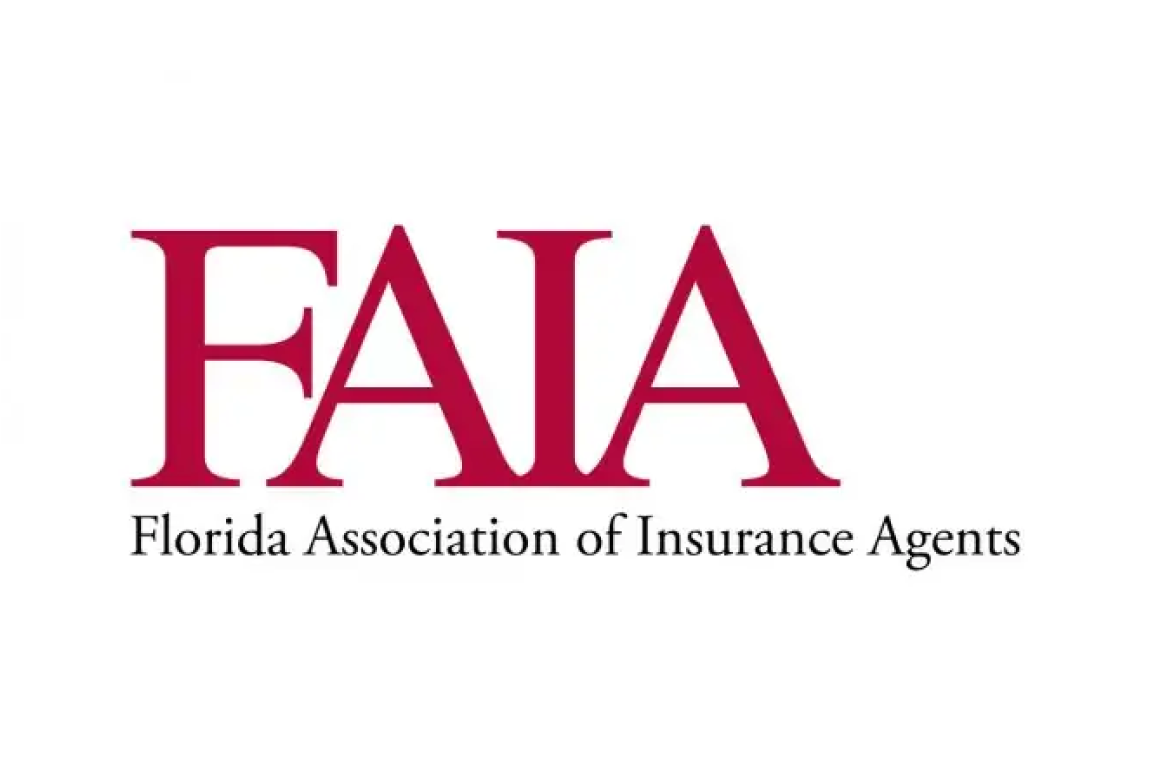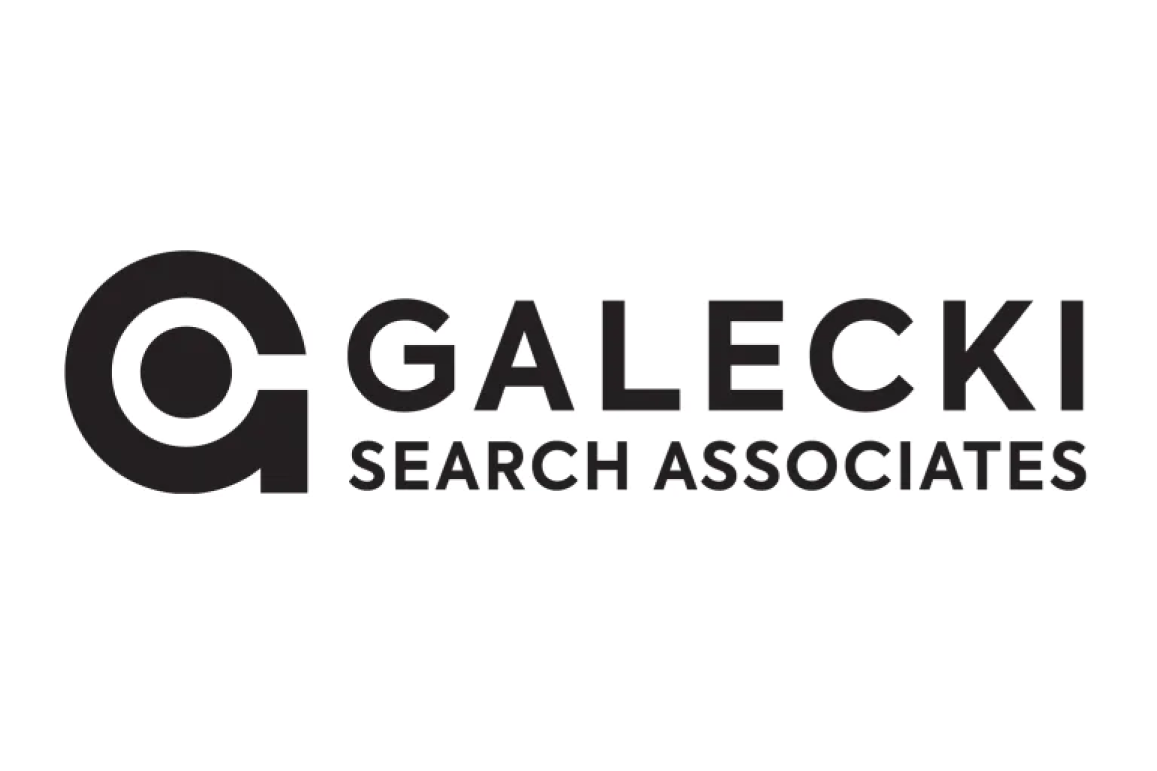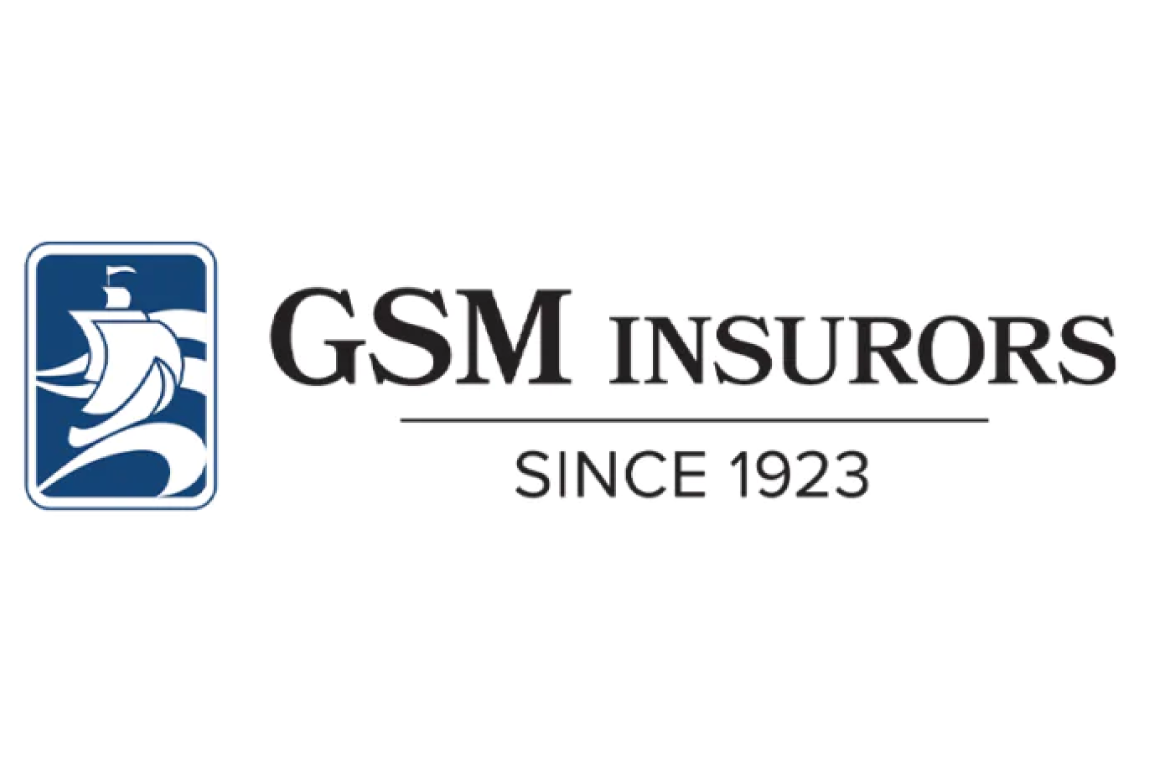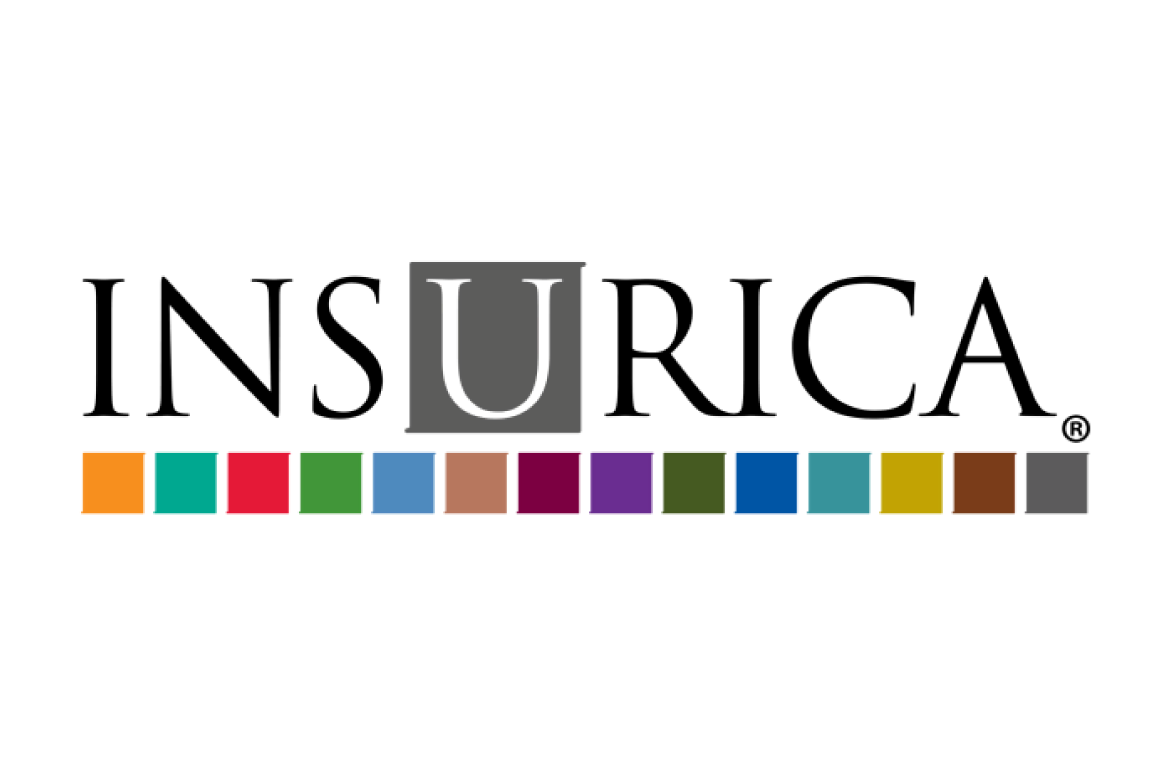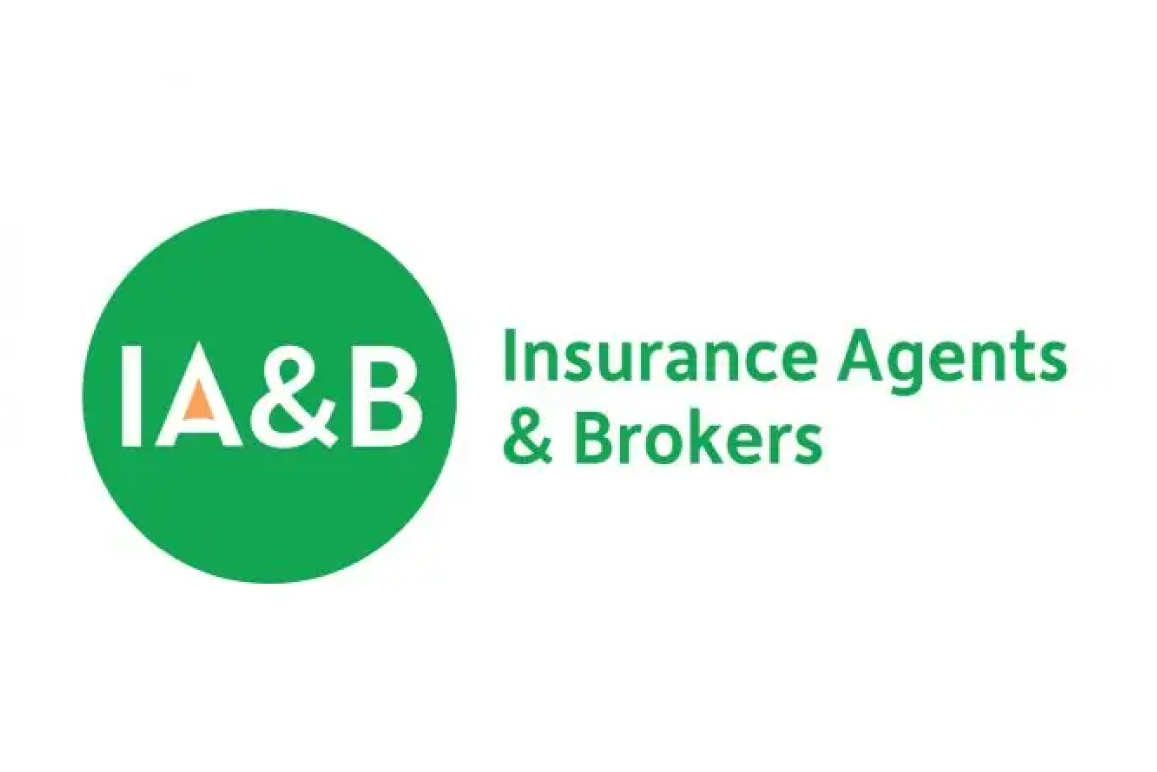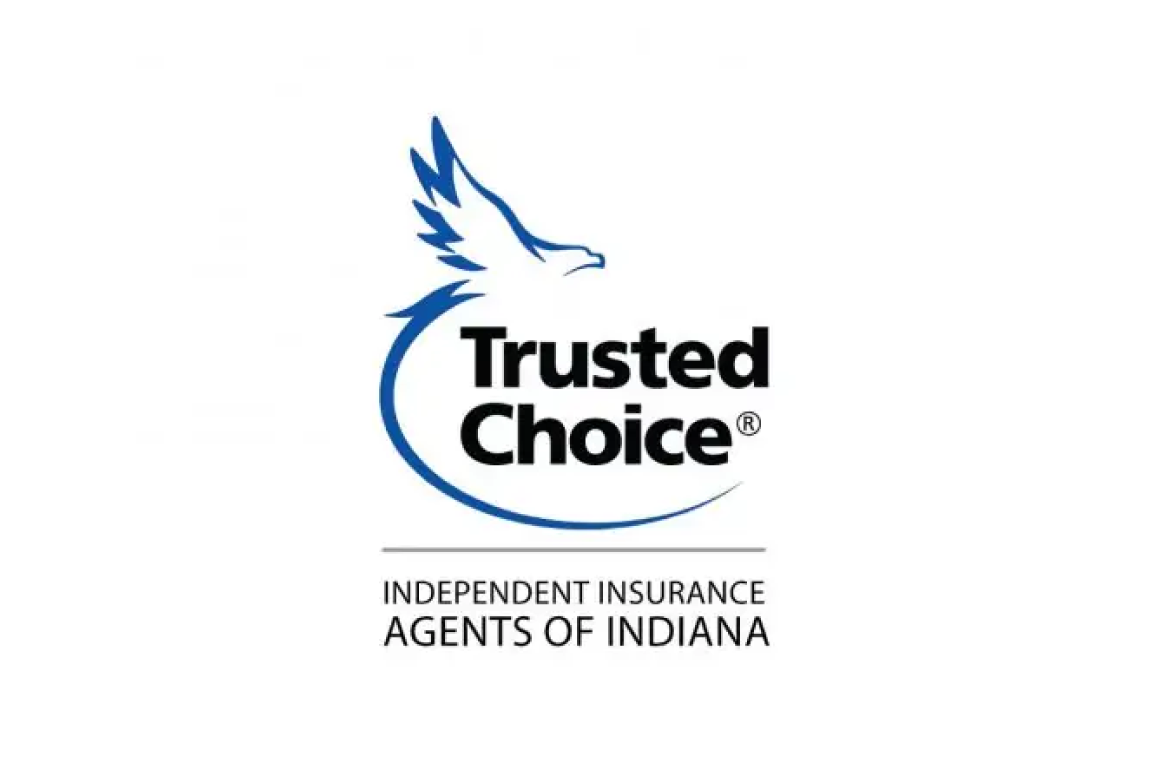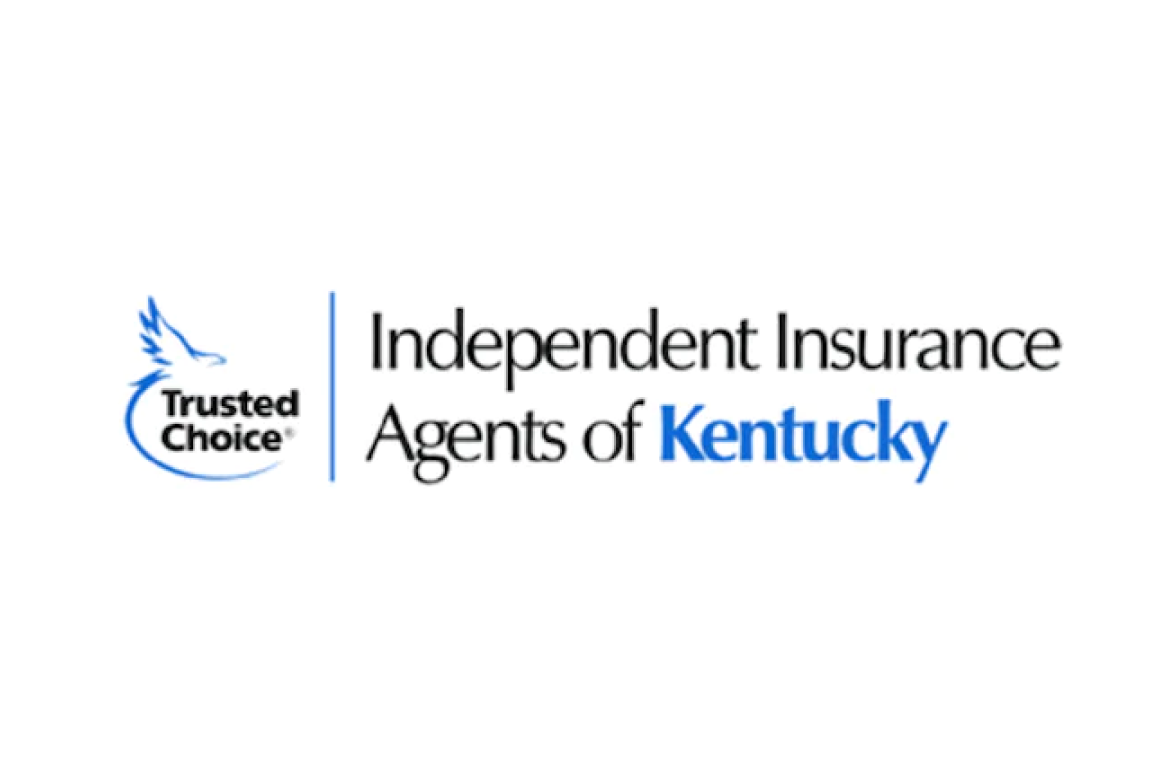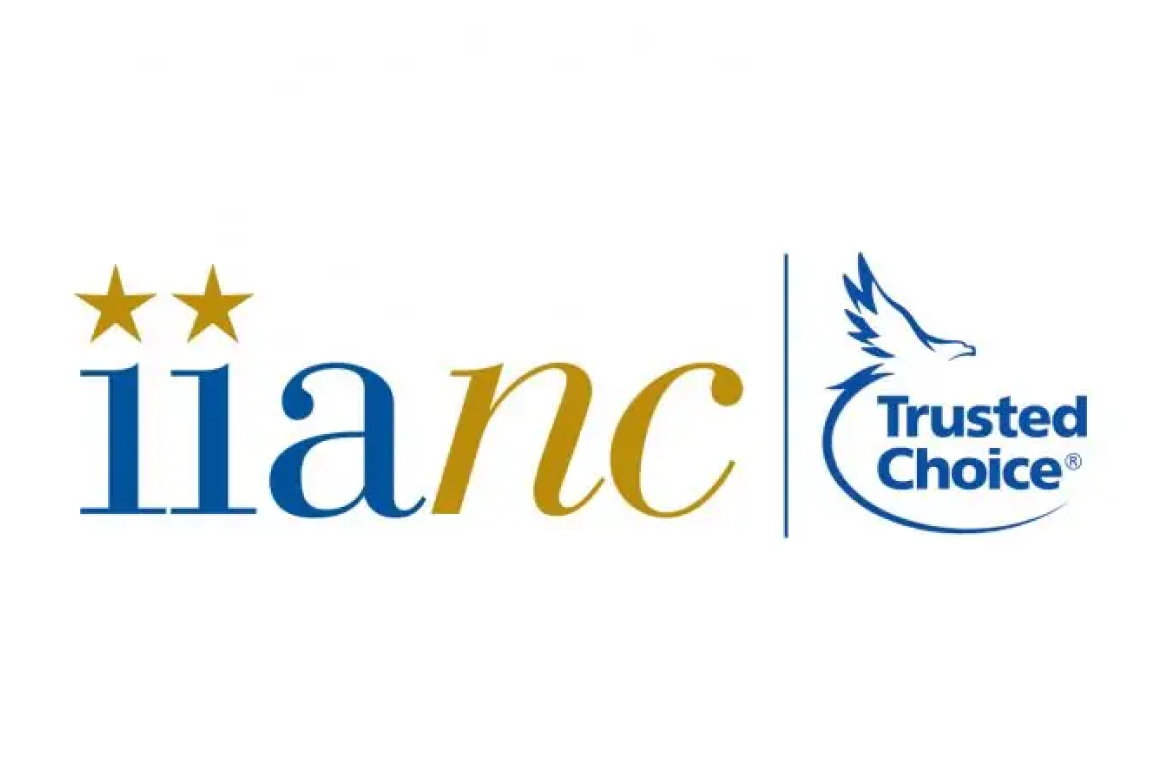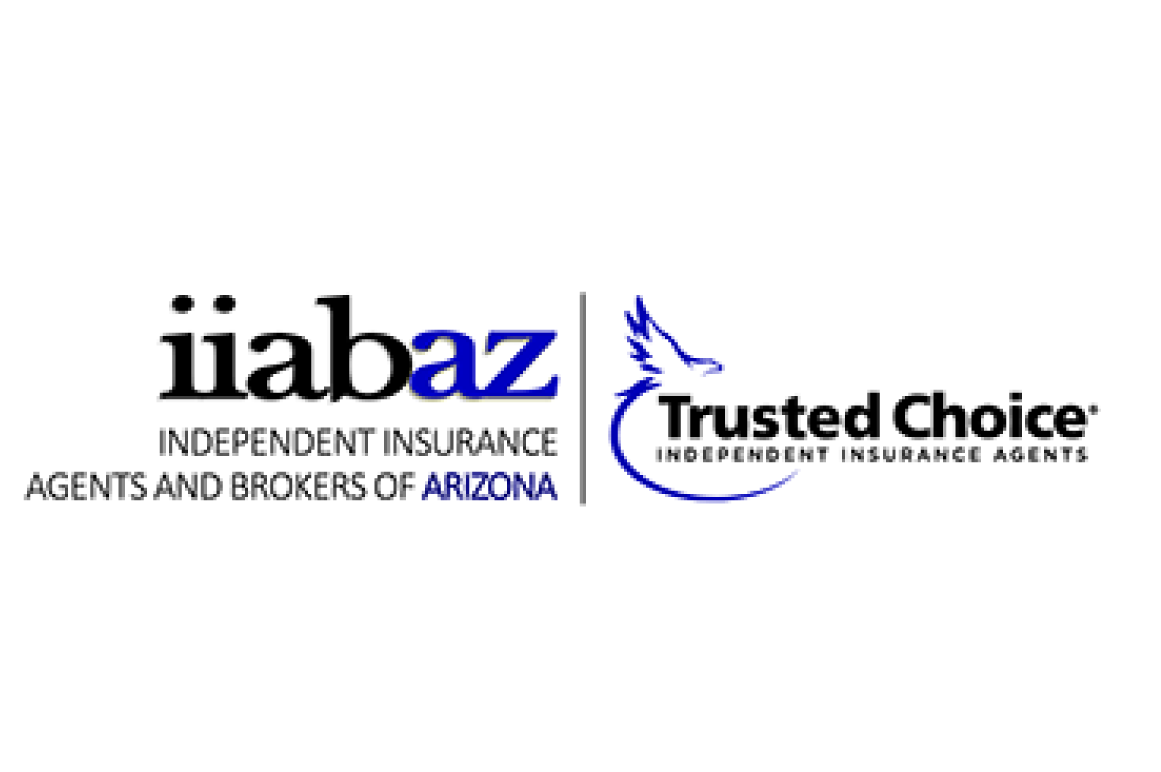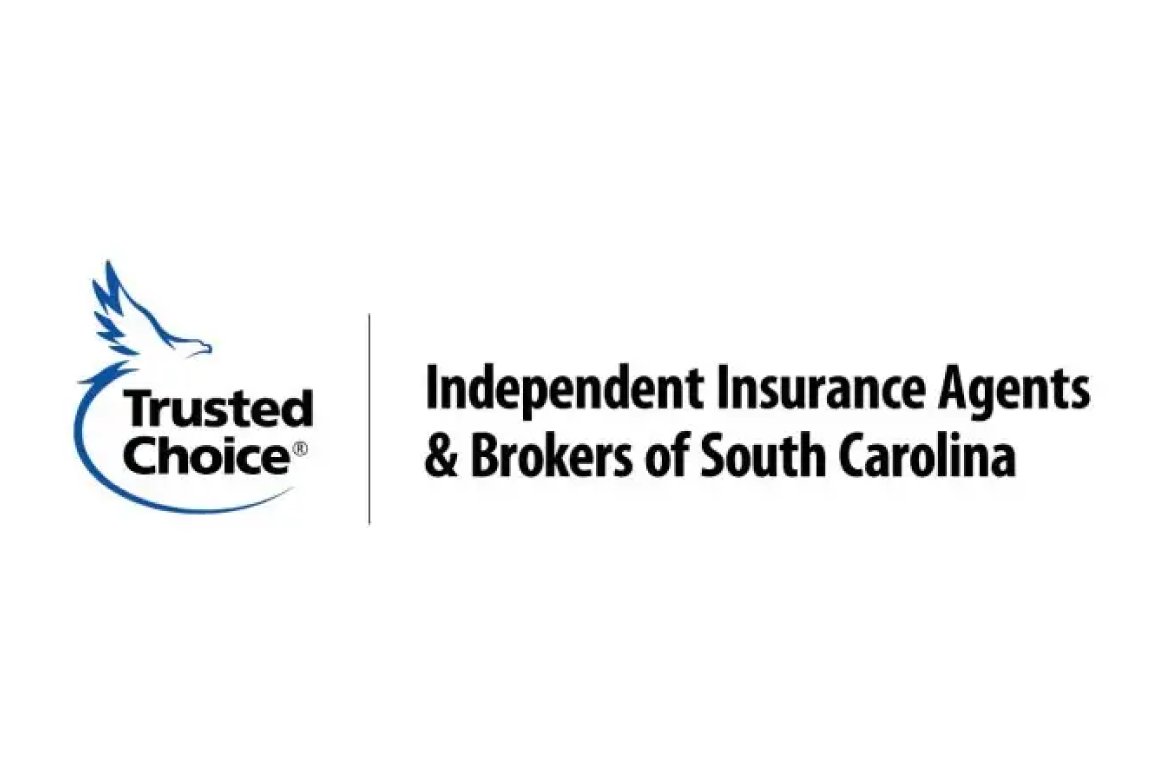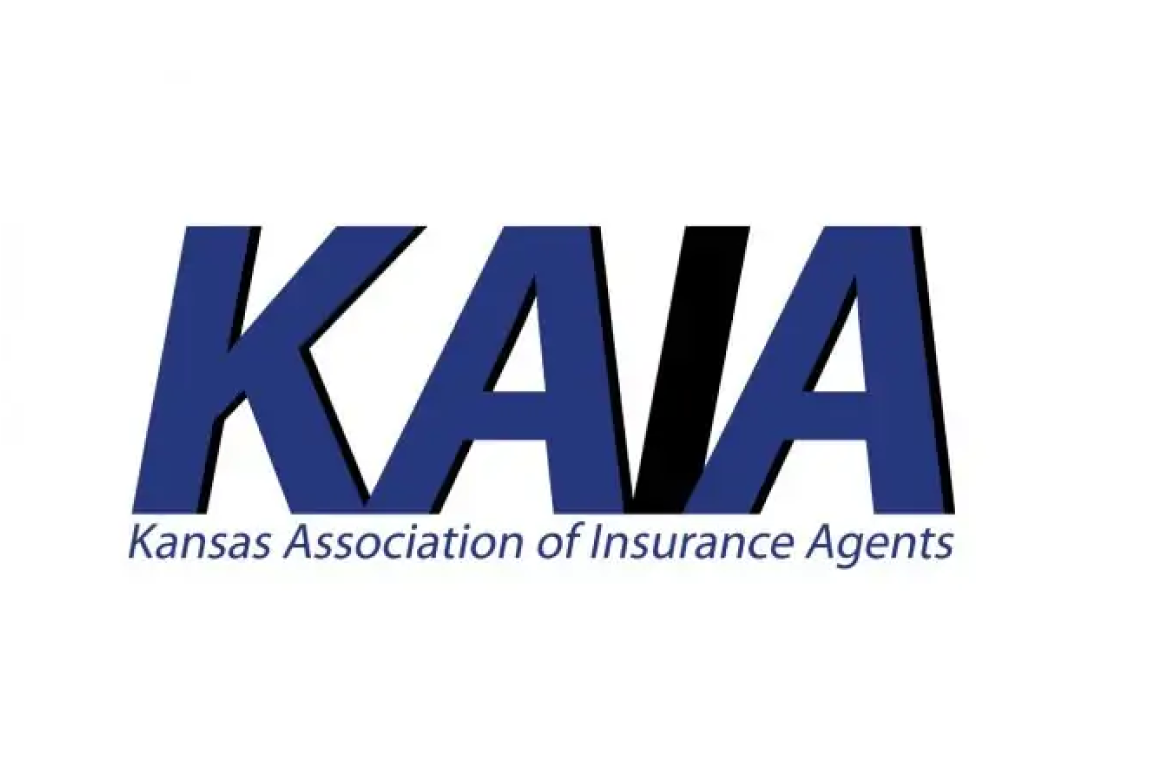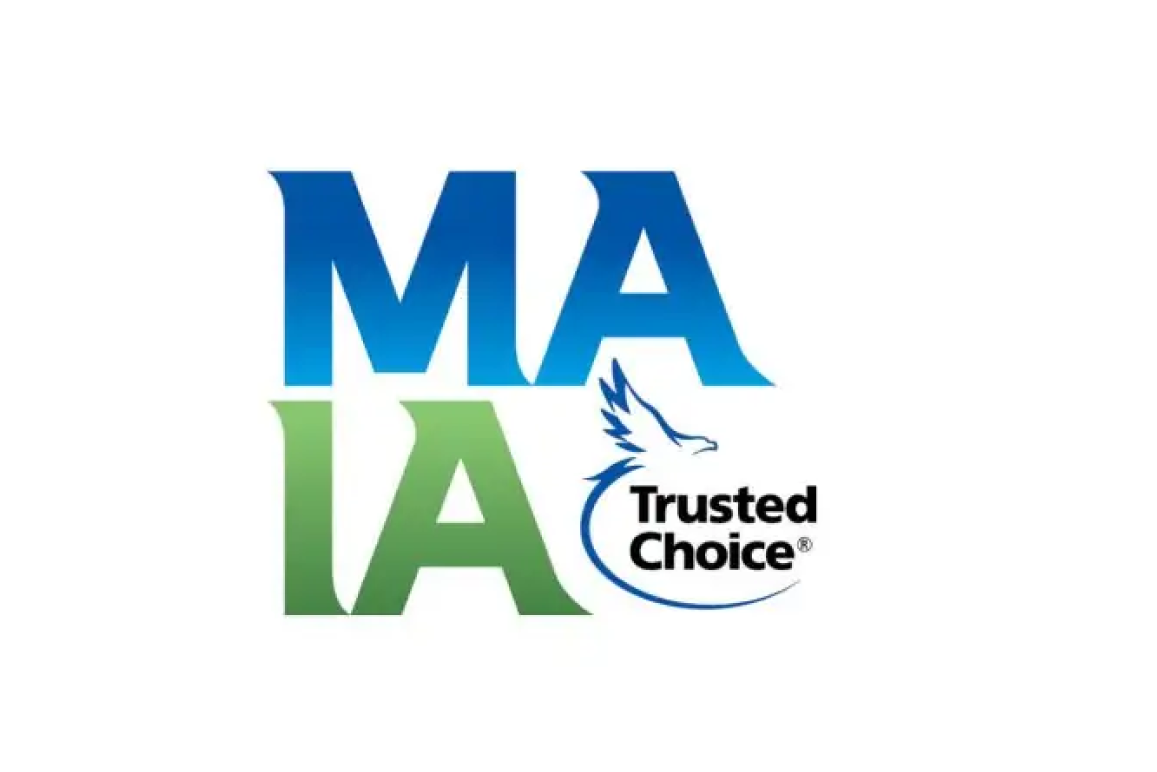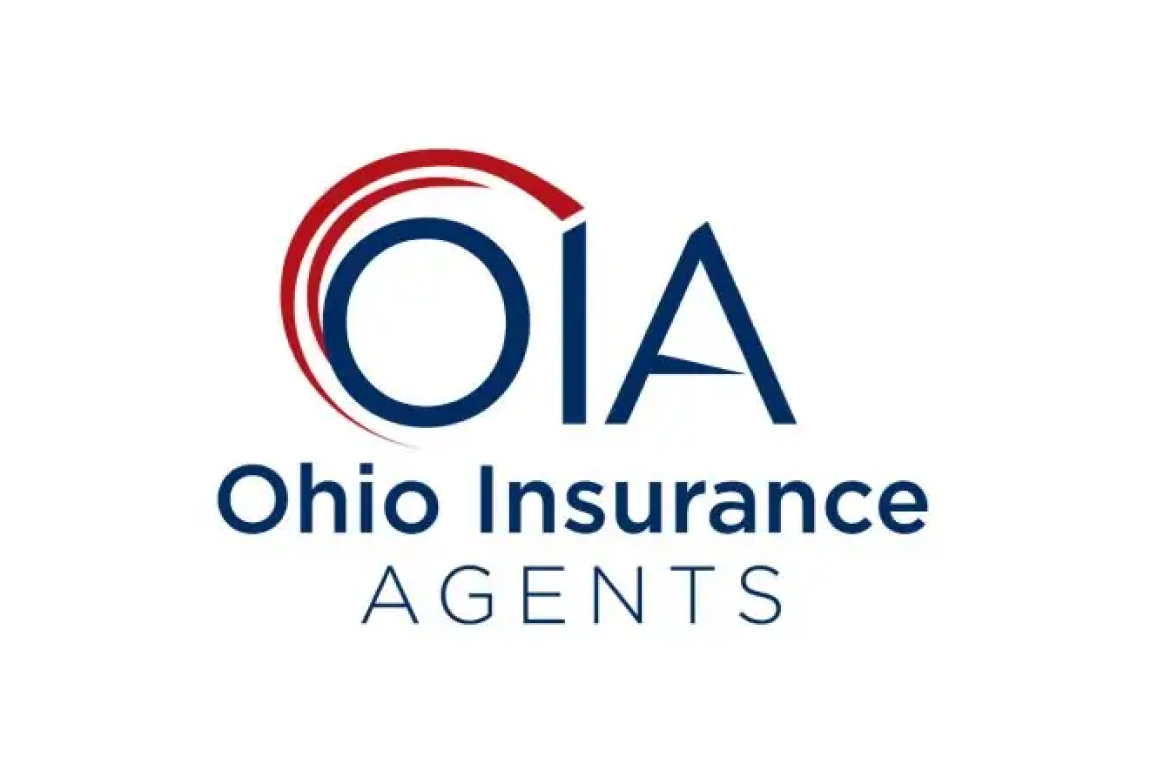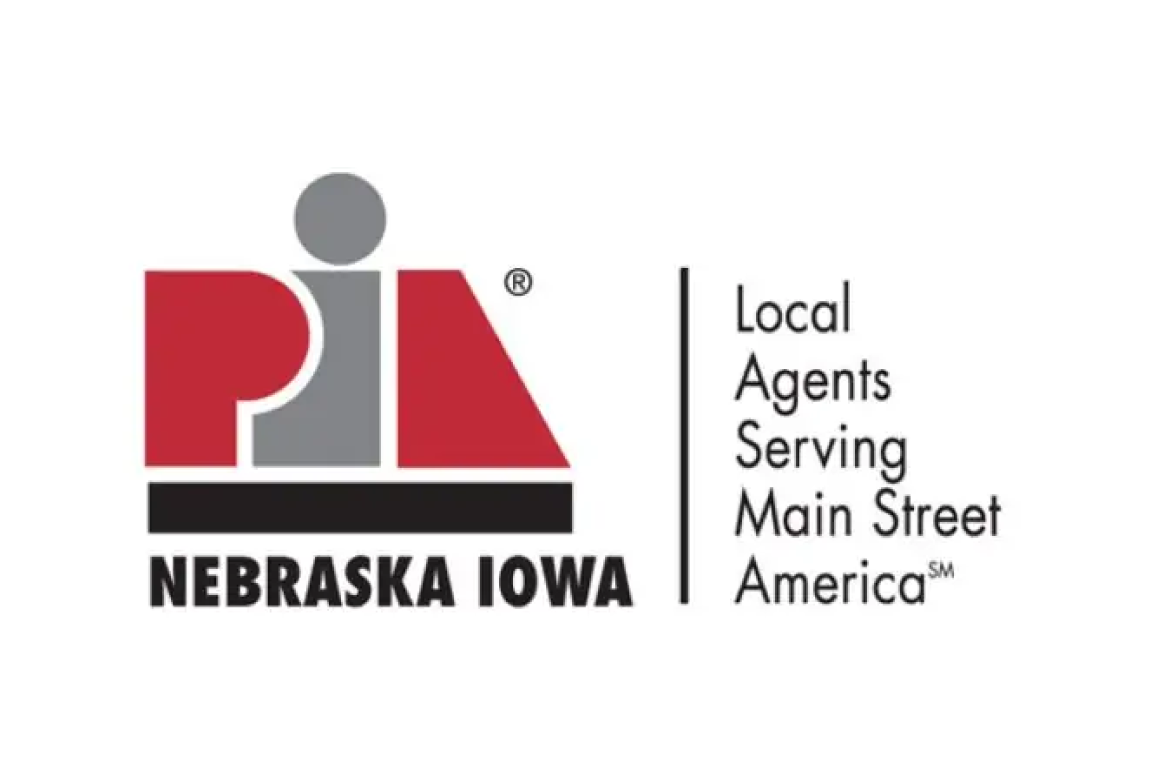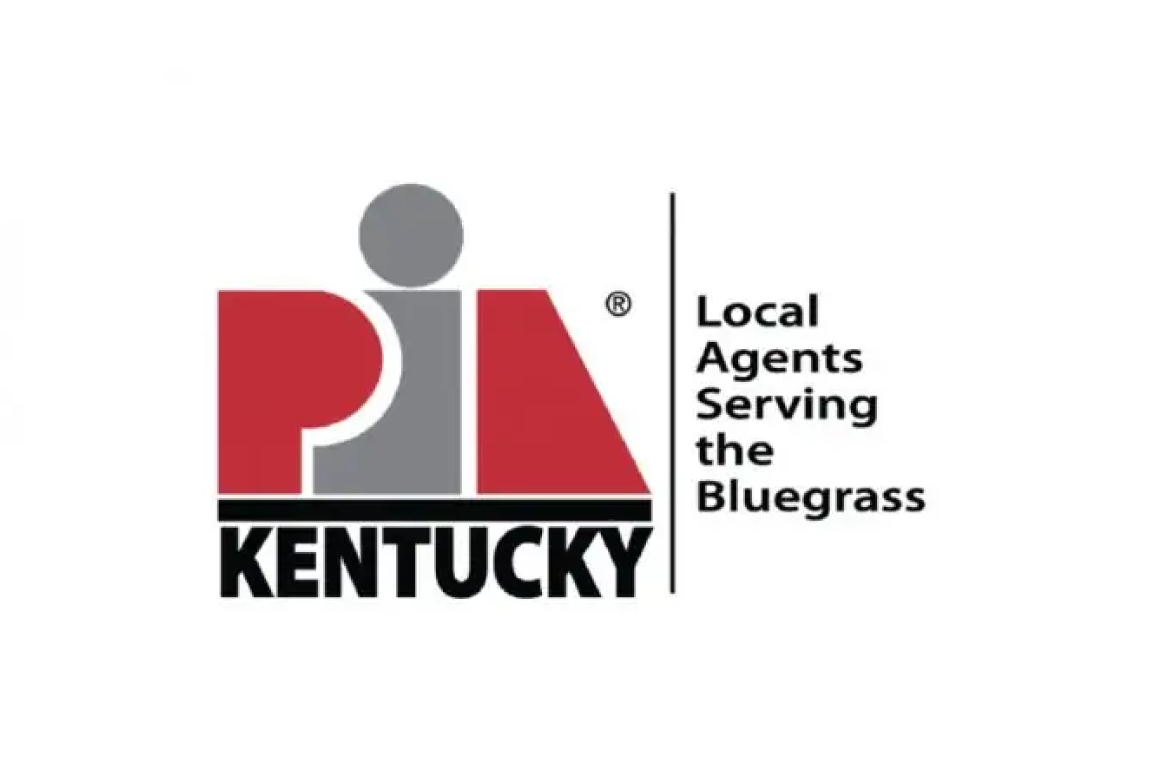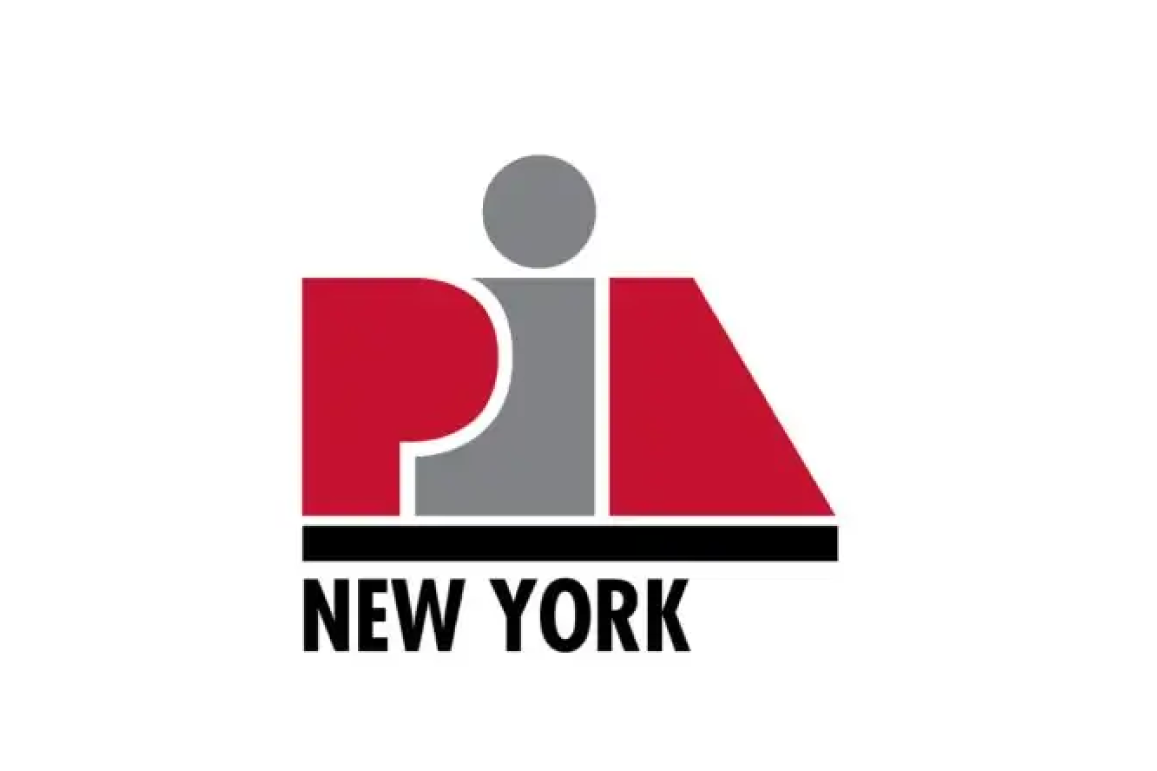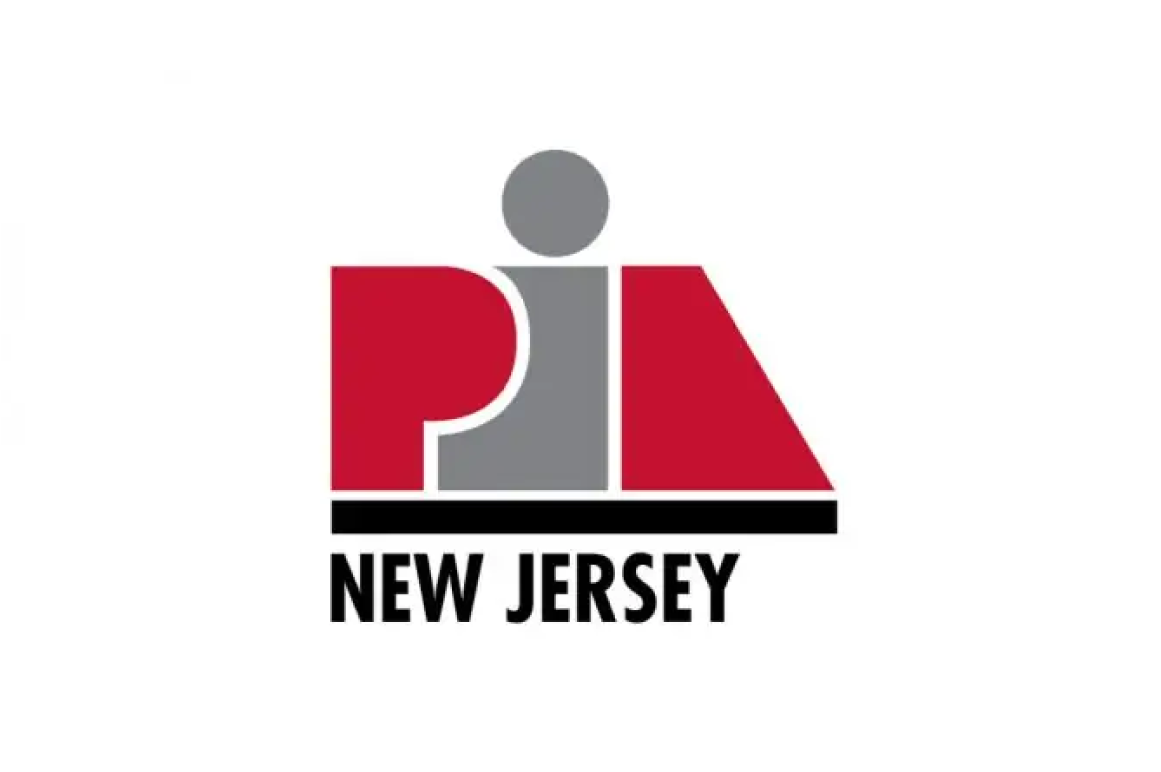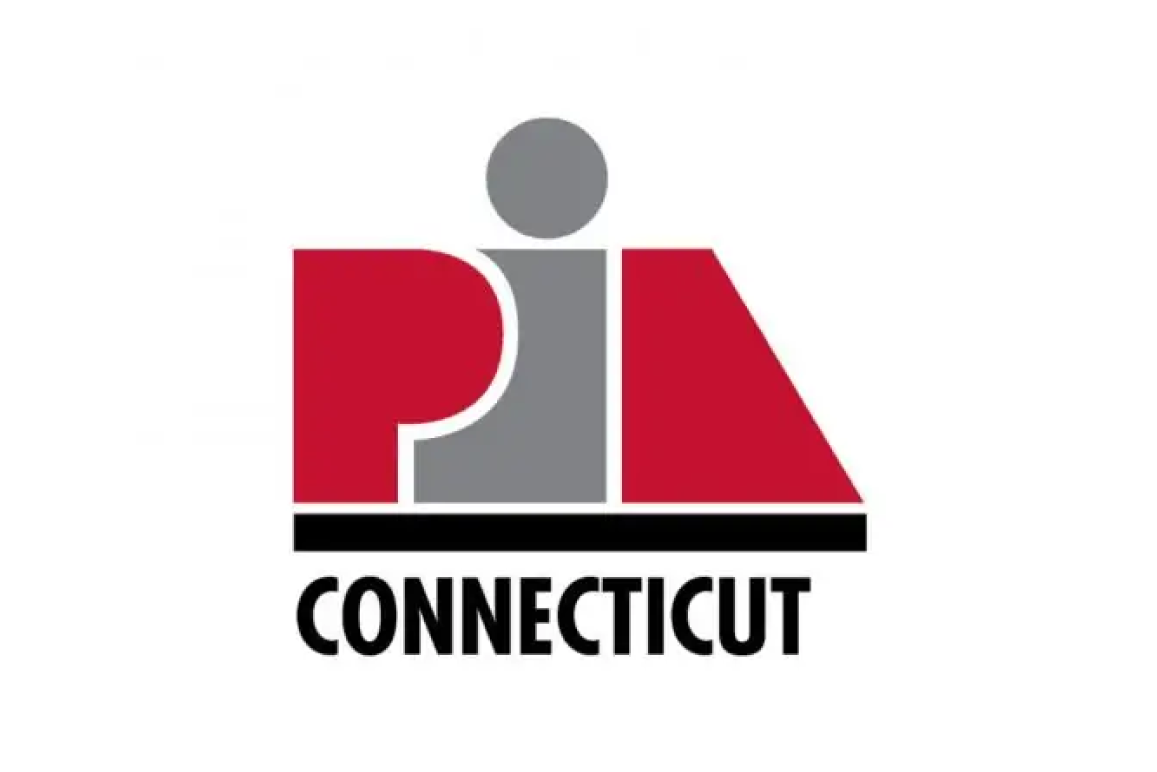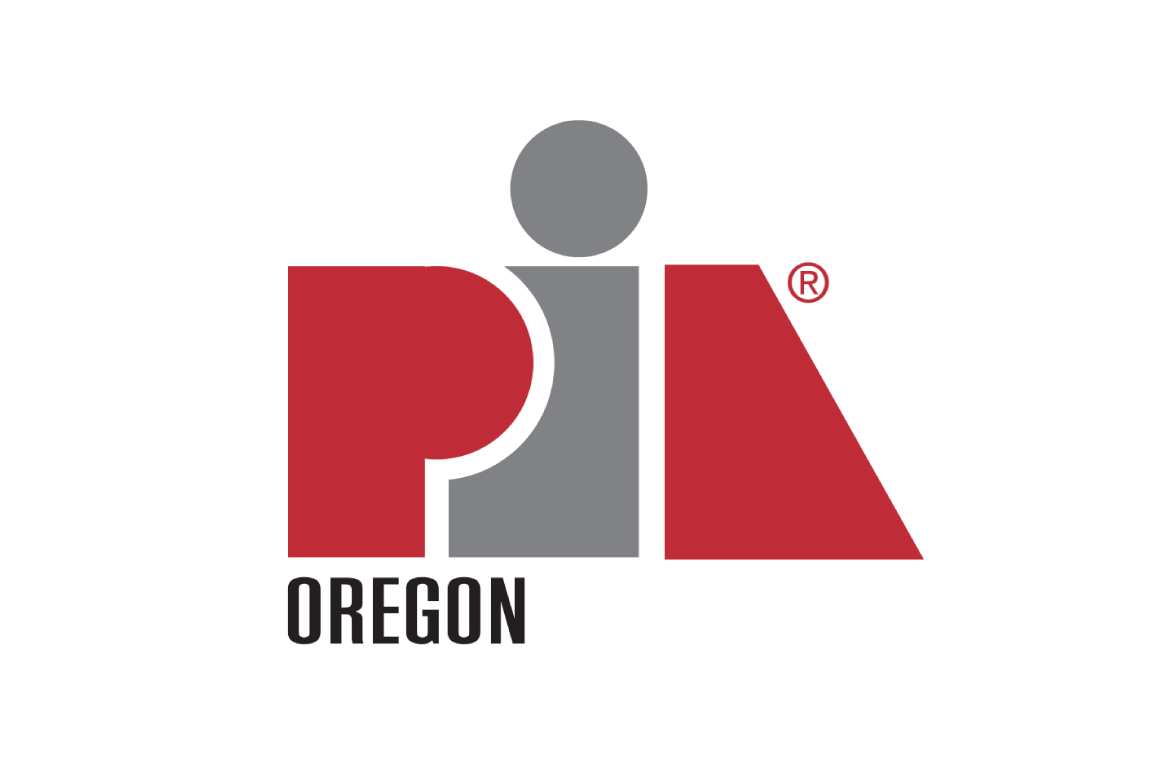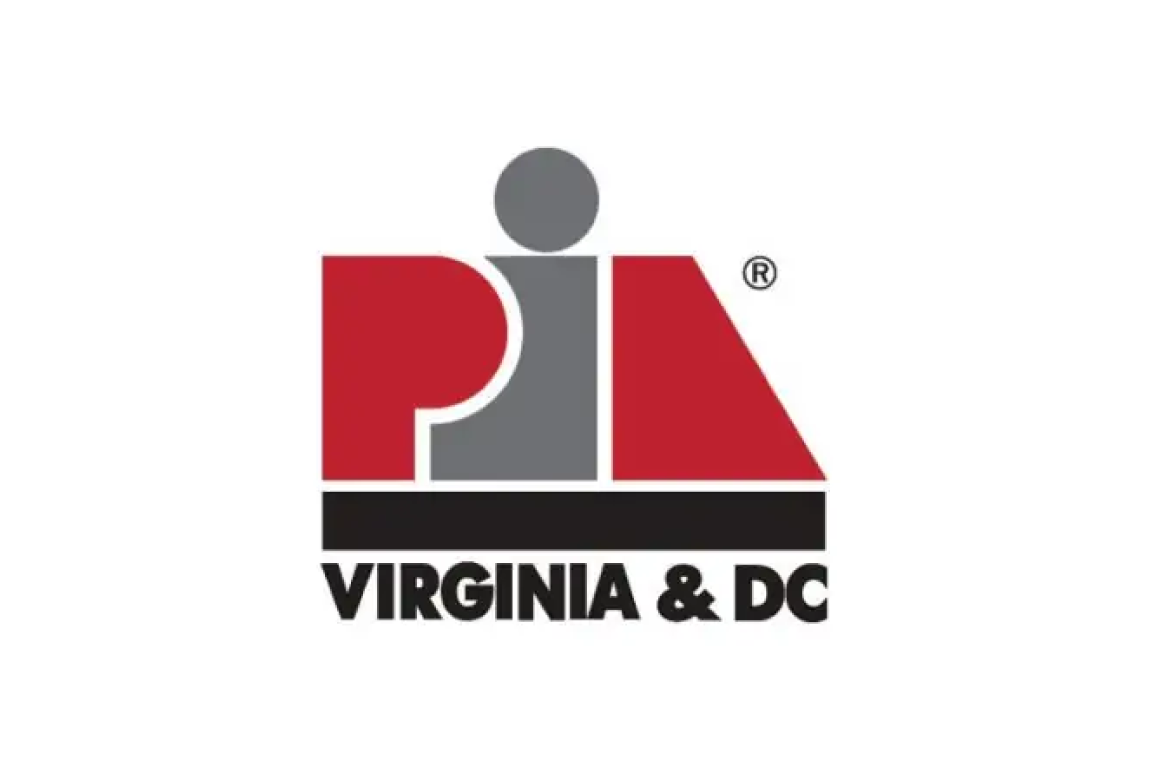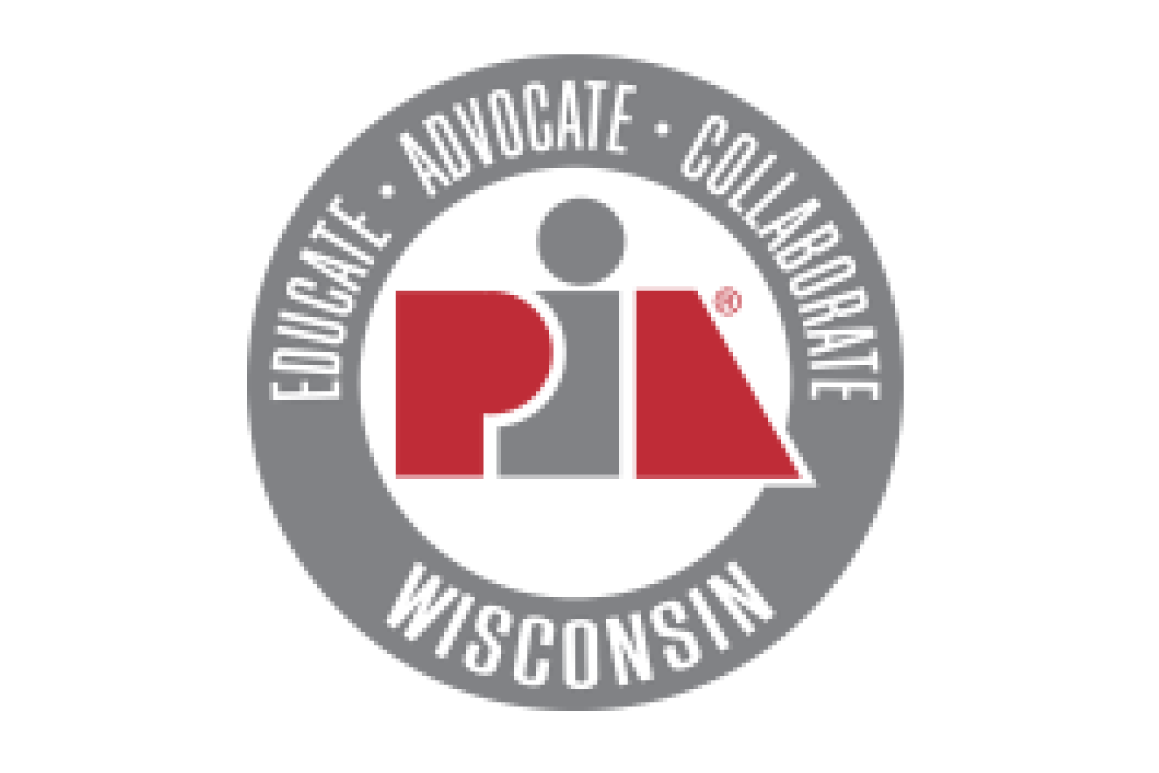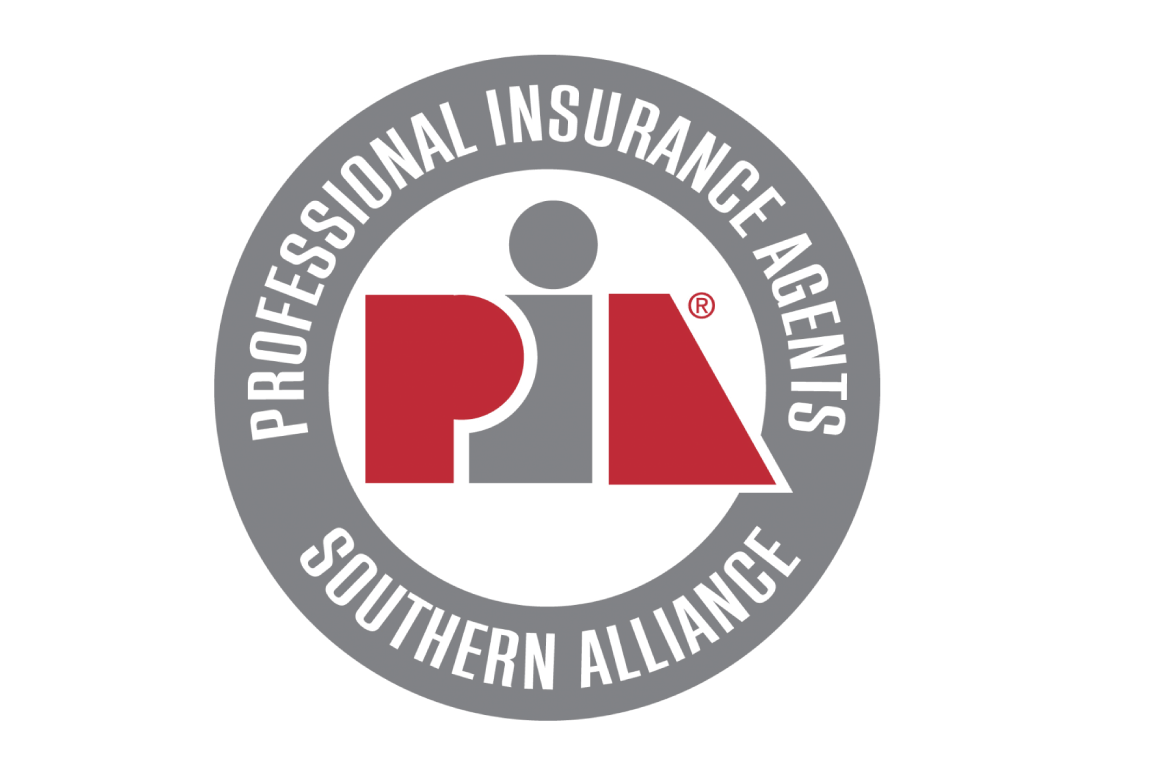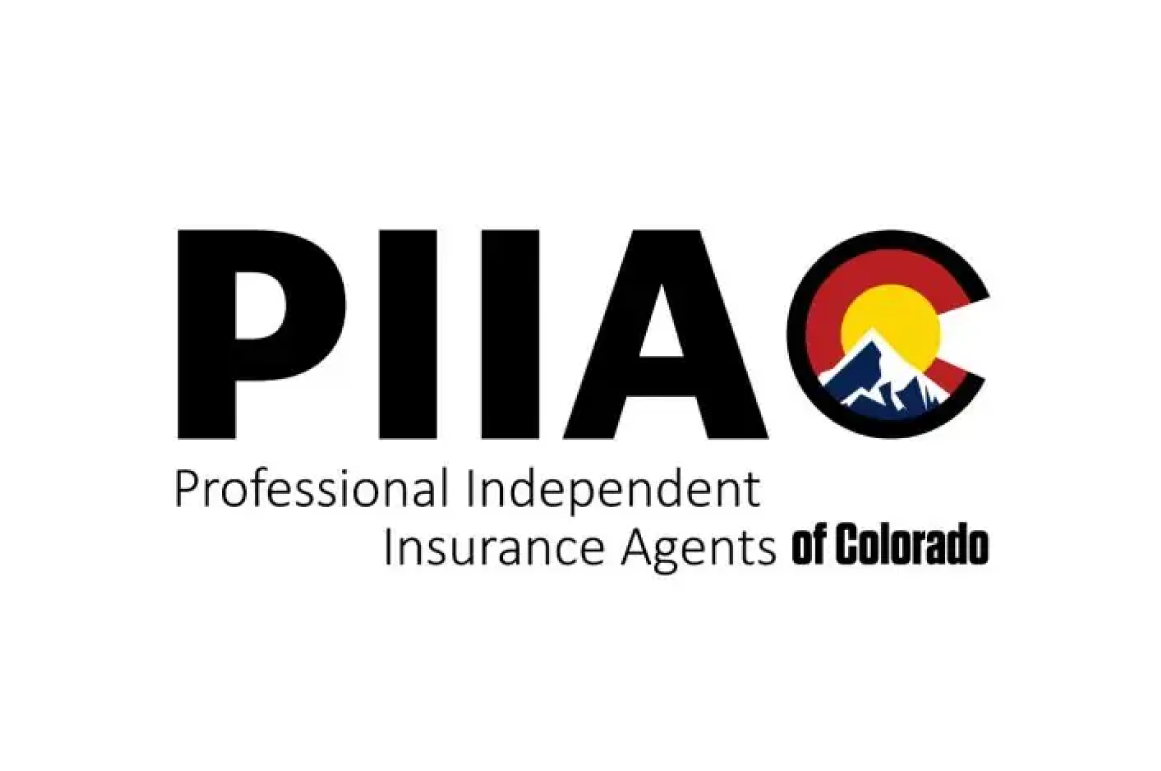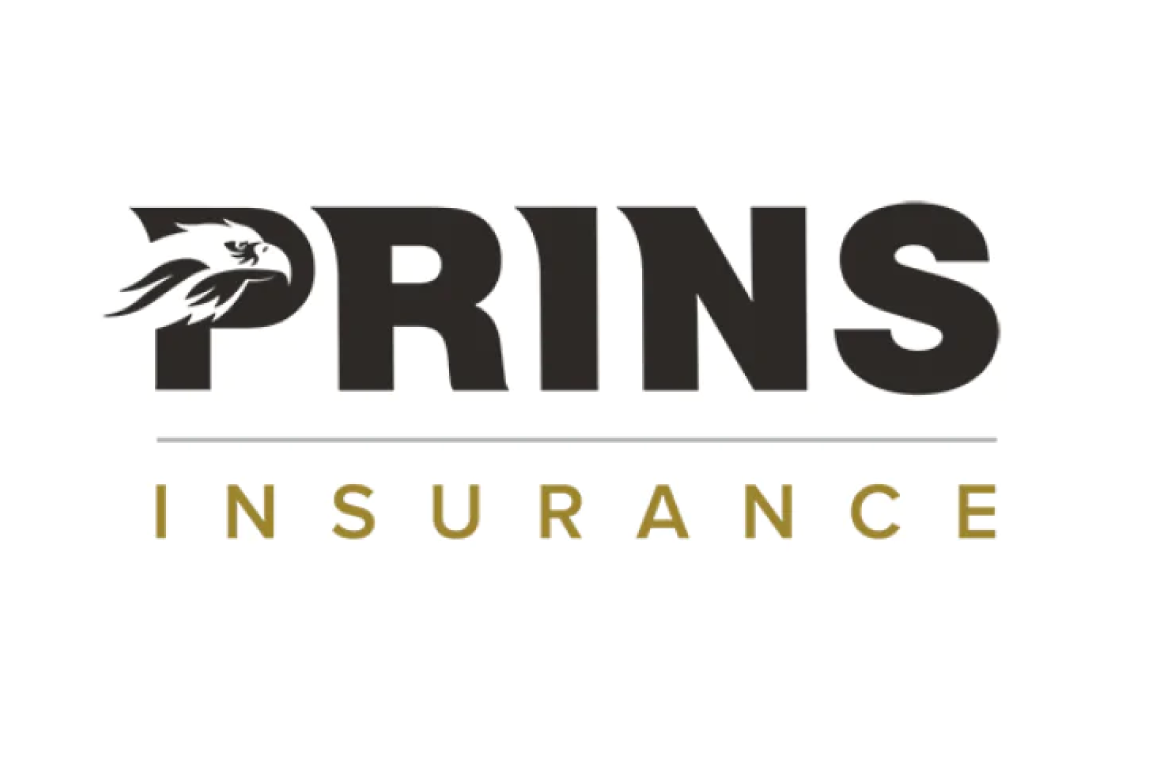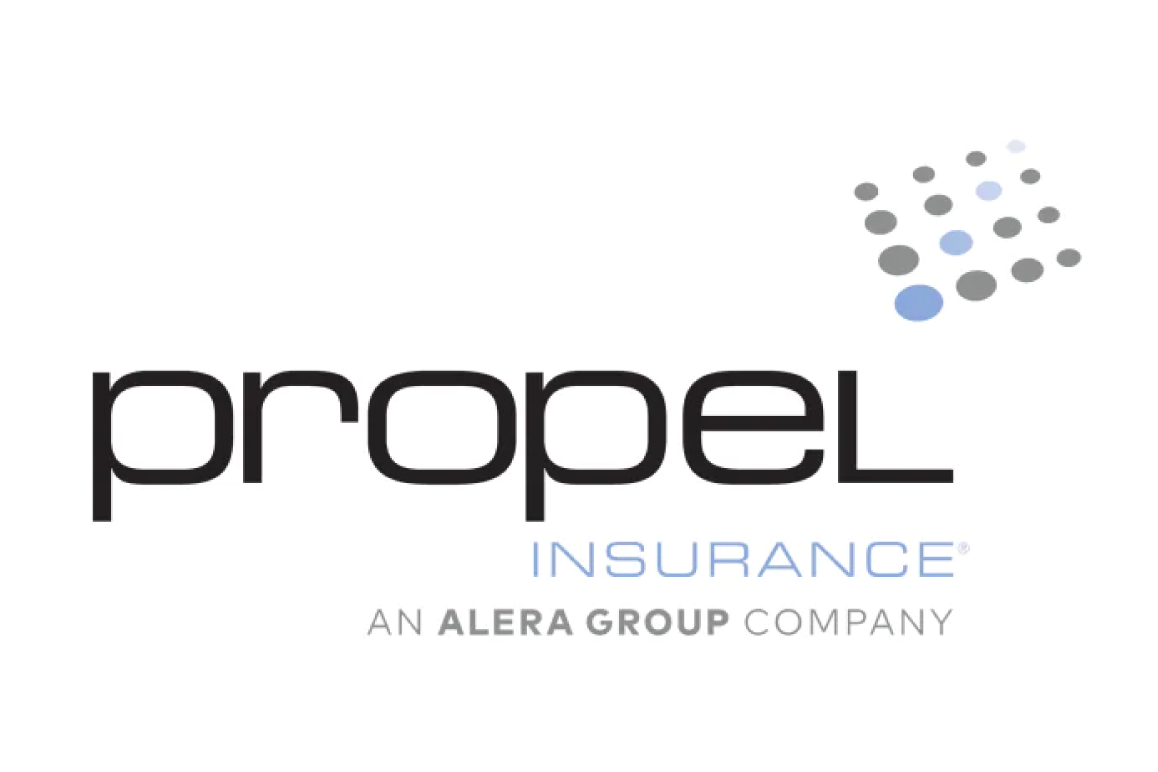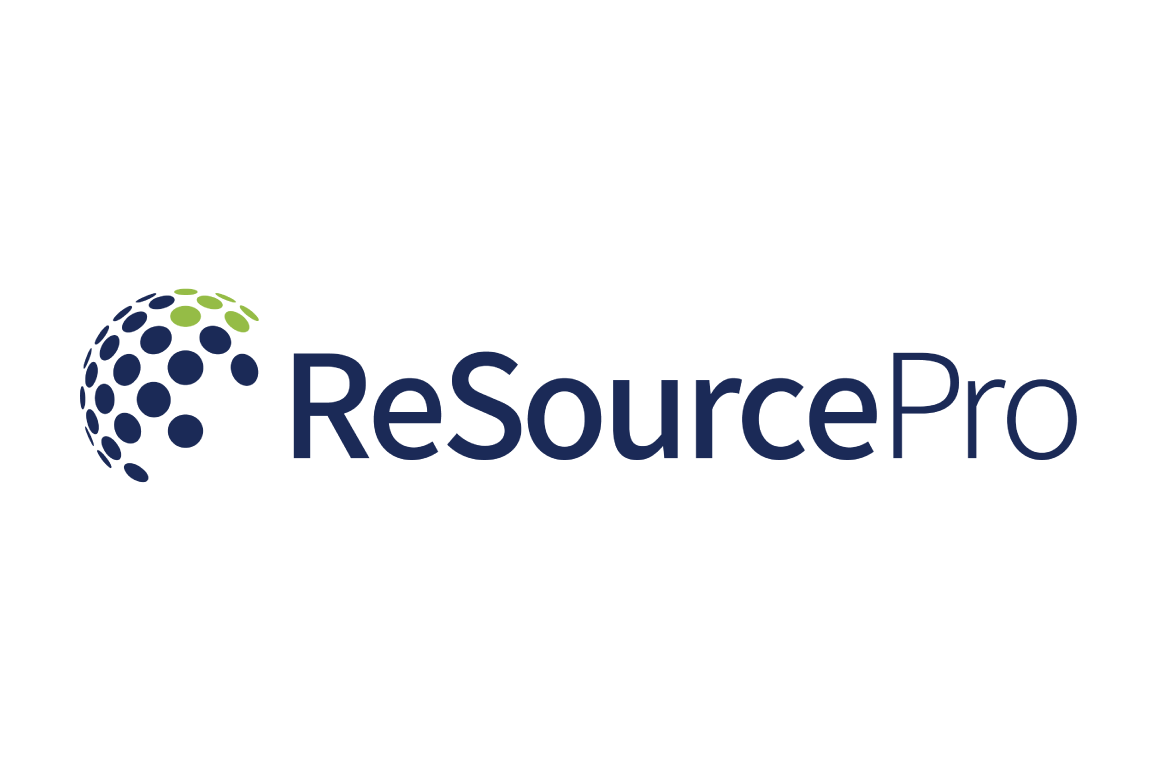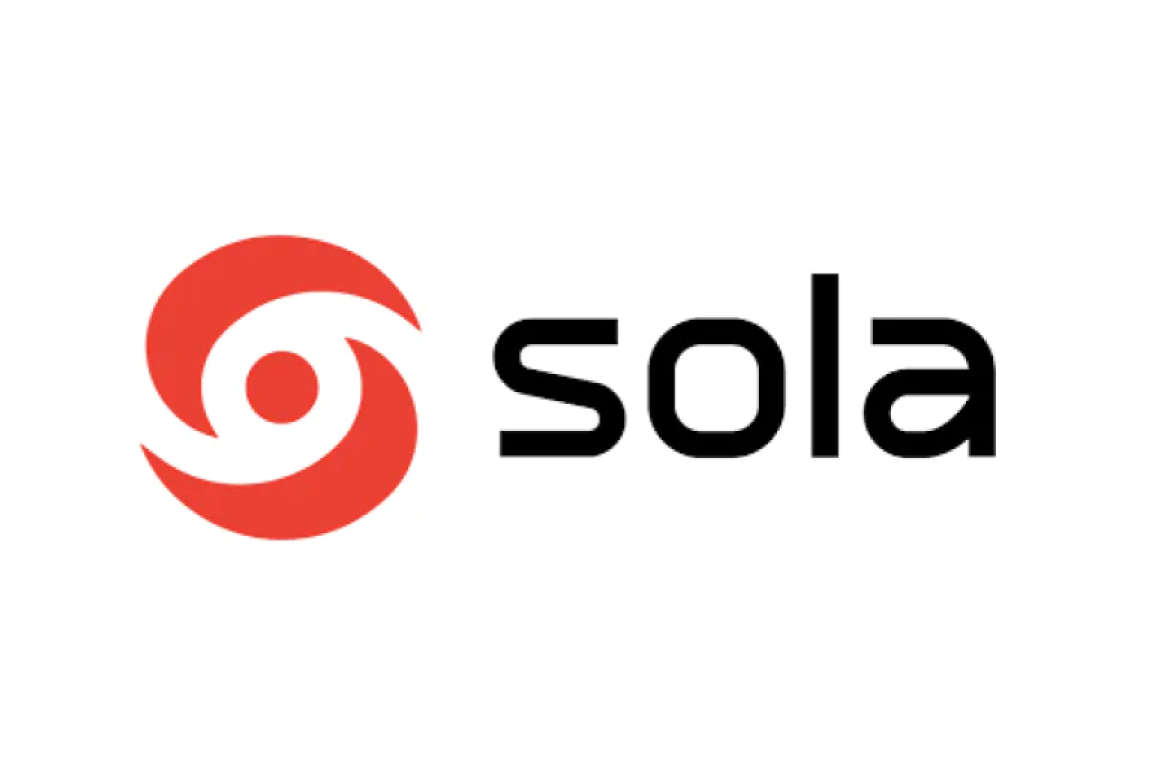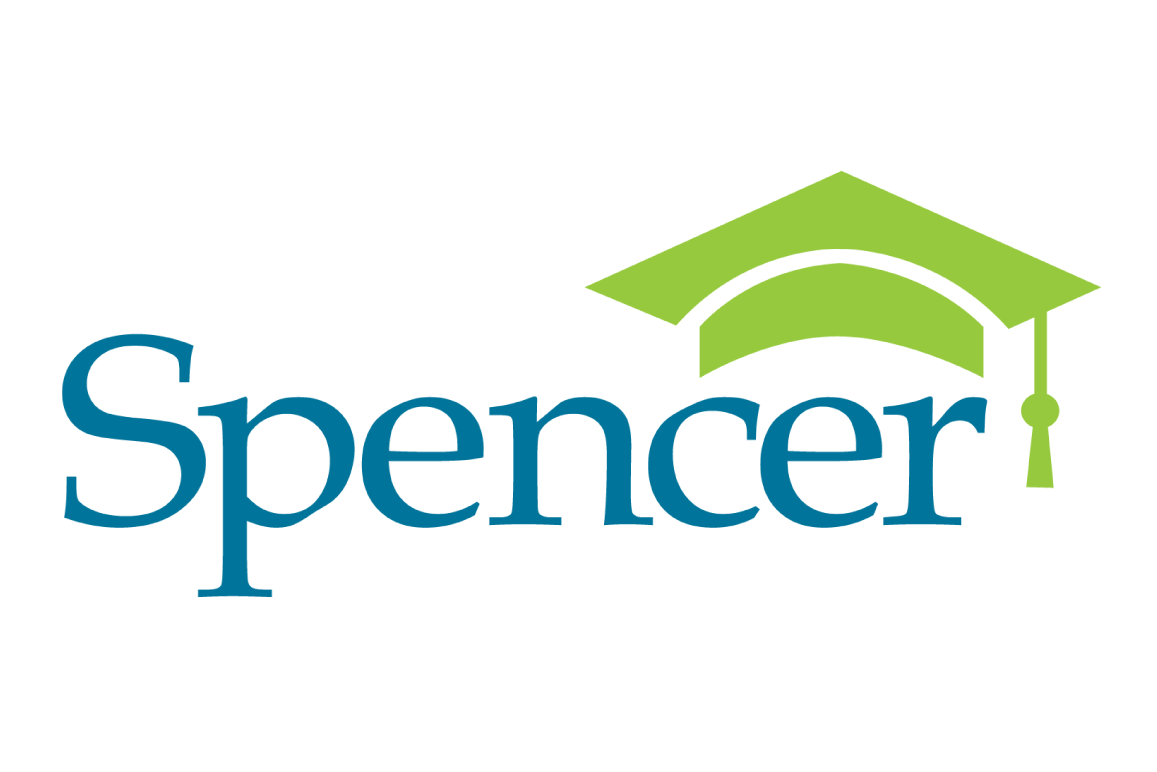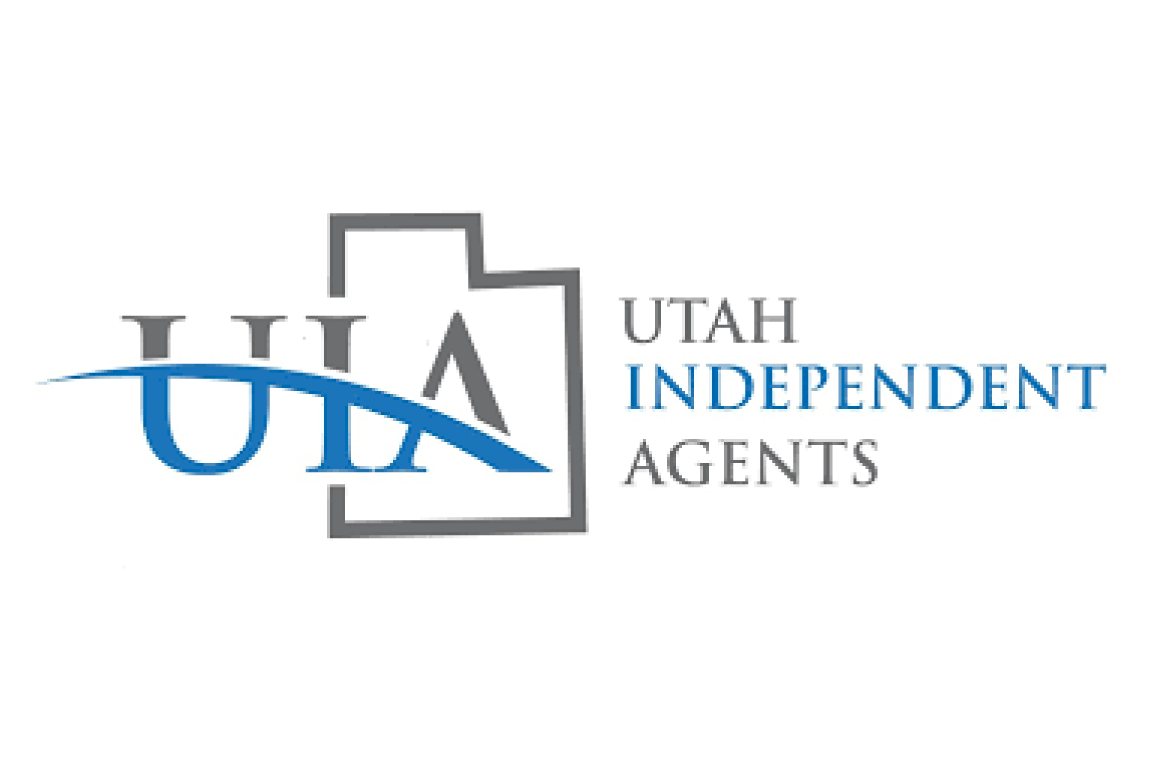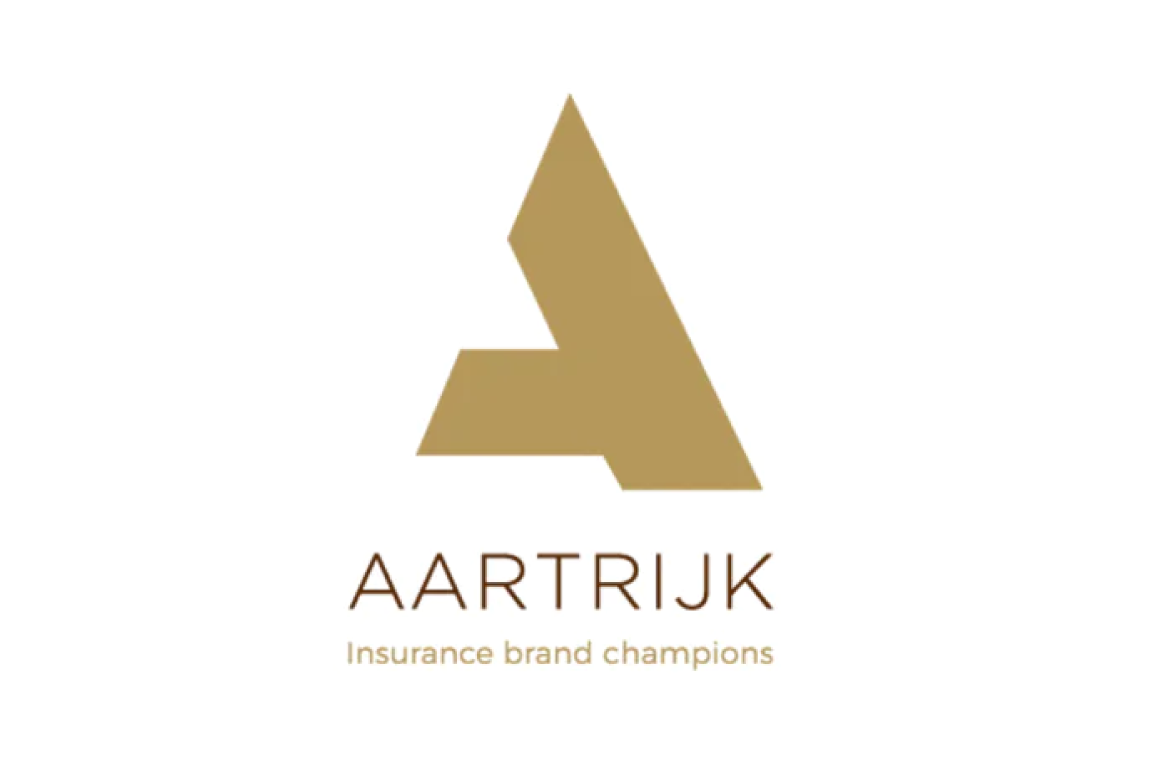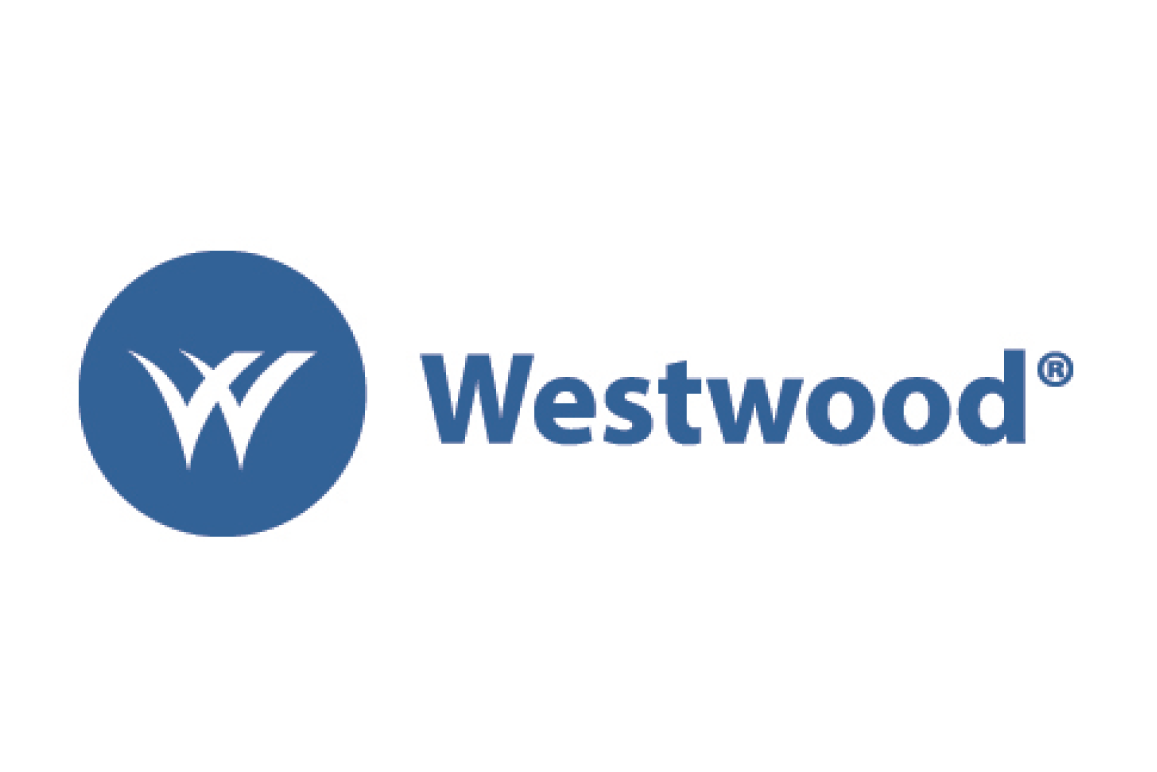As we enter a new year, think about how to set your agency up for success. Goals are the concrete aim of an organization and the end results or achievements toward which all efforts are directed. Well-defined goals have five SMART characteristics.
Goals must be:
Specific
Measurable
Attainable
Realistic
Timely
Plot Your Agency’s Direction
Goals create synergy among employees and provide a sense of purpose. They serve as points of orientation for and should reflect the questions asked at the beginning of successful planning processes. There are several considerations that contribute to establishing an agency’s goals including market niches and territory, agency productivity, and financial management.
To set goals, an agency should look for best practices to implement based upon findings from situational analyses in the agency planning process. It should also brainstorm and evaluate potential solutions and ask whether solutions are relevant to the agency and fit the agency’s resources.
The 2 Goal Planning Stages
The planning of goals is accomplished in two stages: long-range and short-range.
Long-range Planning:
- occurs over three to five years;
- establishes purpose, continuity, and direction;
- focuses on broad goals that will remain relevant years later; and
- provides a broad picture of where an agency is headed.
Short-range Planning:
- usually extends over a 12-month period;
- is more specific than long-range planning and provides details that fit within the framework of the long-term plan; and
- involves the production of detailed action plans that organize and prioritize action steps, communicate roles and responsibilities, offer guidelines, and provide an agency’s daily/weekly/monthly action agendas.
Set Your Goals in Action
Obviously, the more time agency staff spend planning, the more likely they will achieve their goals. However, planning does not equal doing. Now that you have outlined your goals, it’s time to consider how to execute them.
Each goal requires its own action plan. Before creating an action plan, your agency should:
- Try to predict potential problems
- Imagine solutions for those problems
- Consider the impact on agency staff and culture
- Recognize capacity limitations, such as time and workloads
Download the Action Plan Template
Want to take your action plan further? Make a resolution to learn how to communicate, implement, and evaluate your plan’s success with our Agency Management course.




